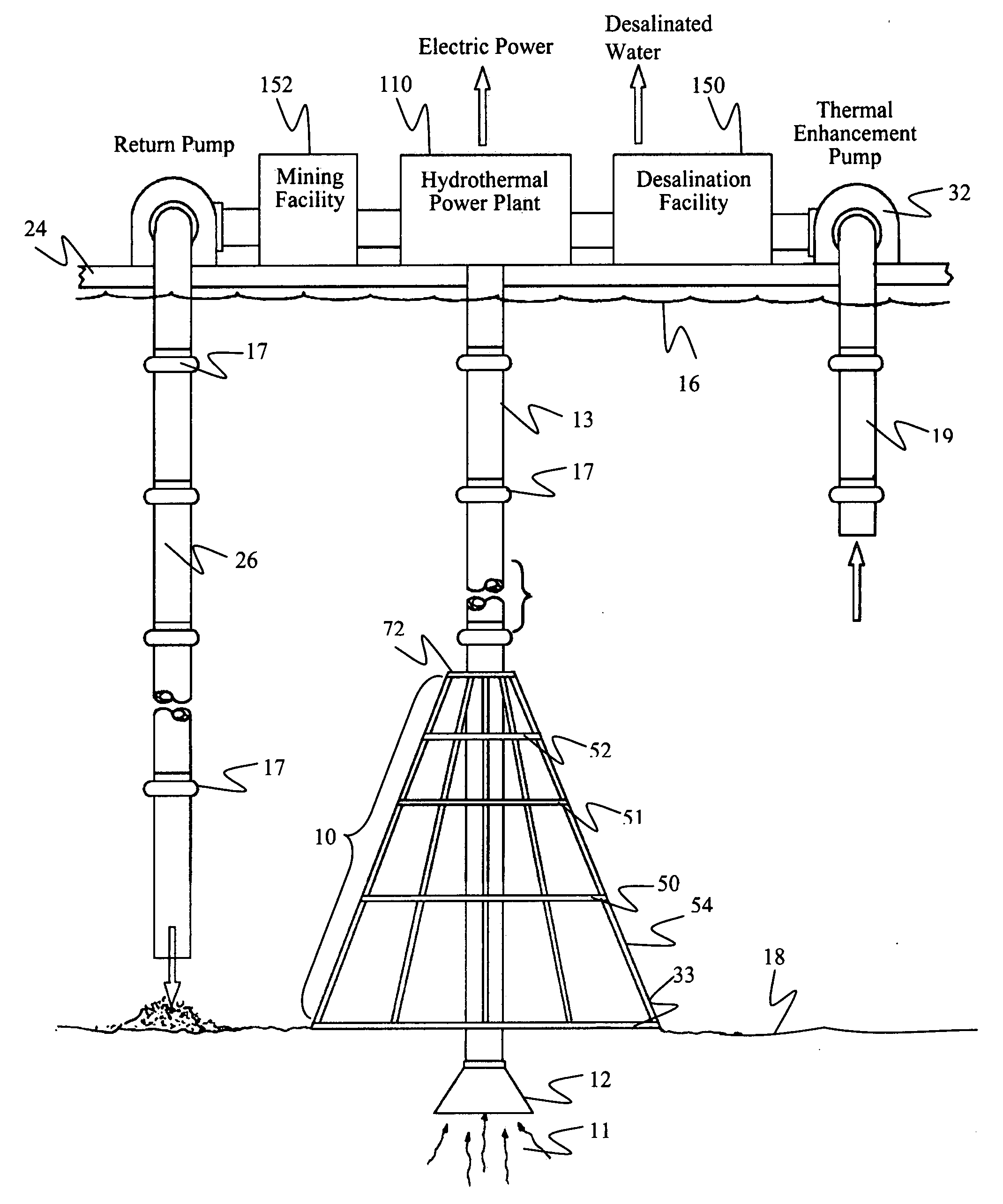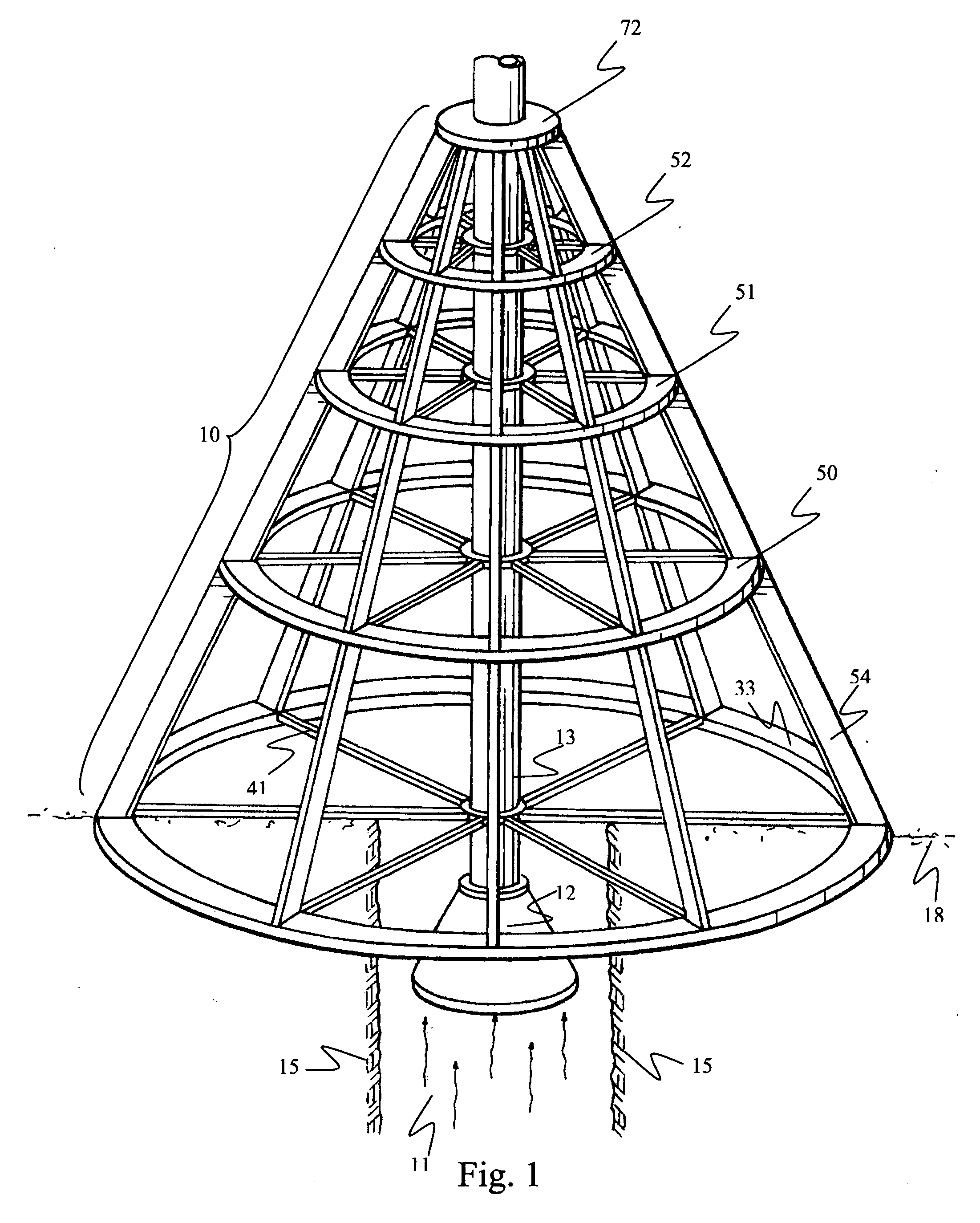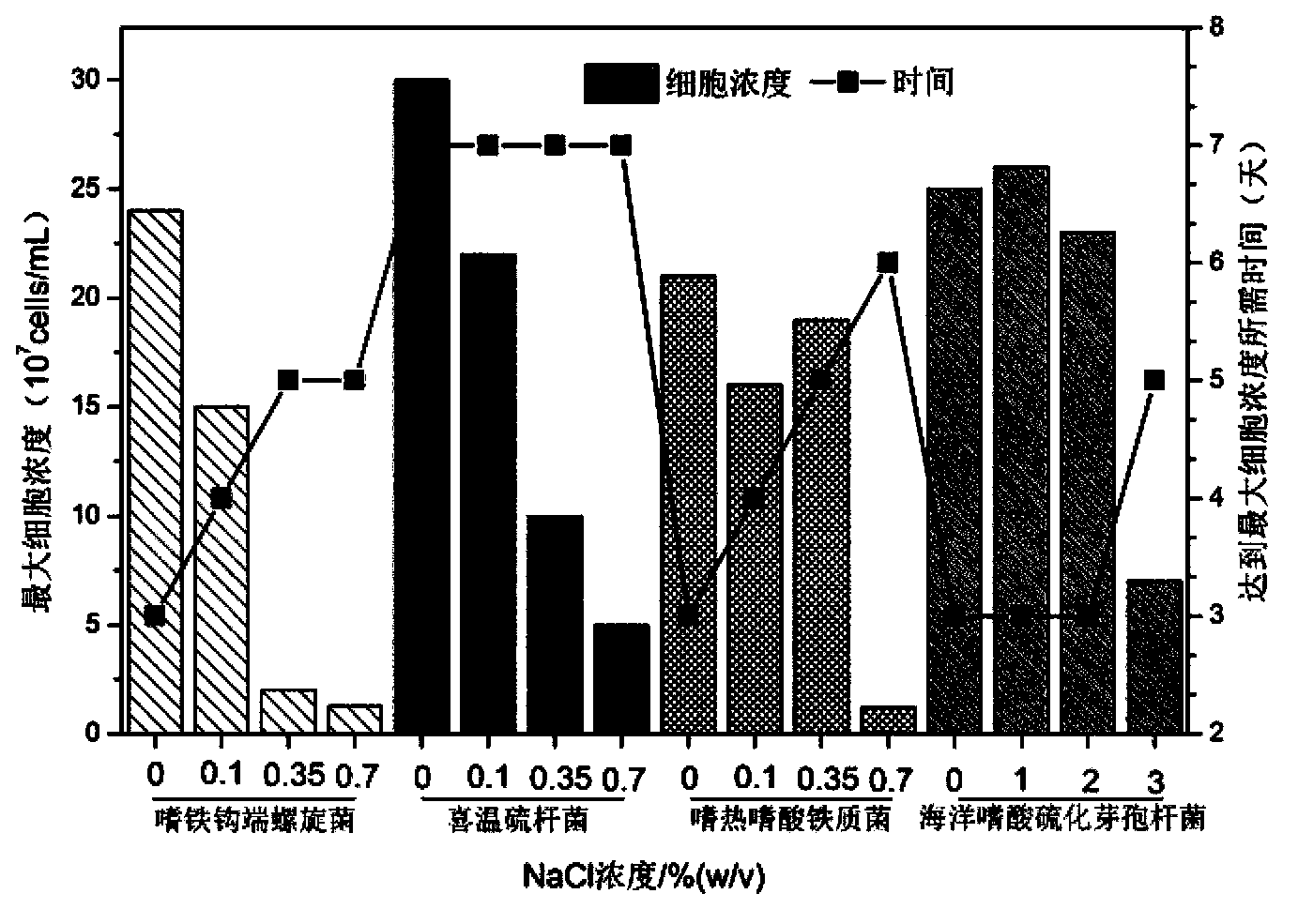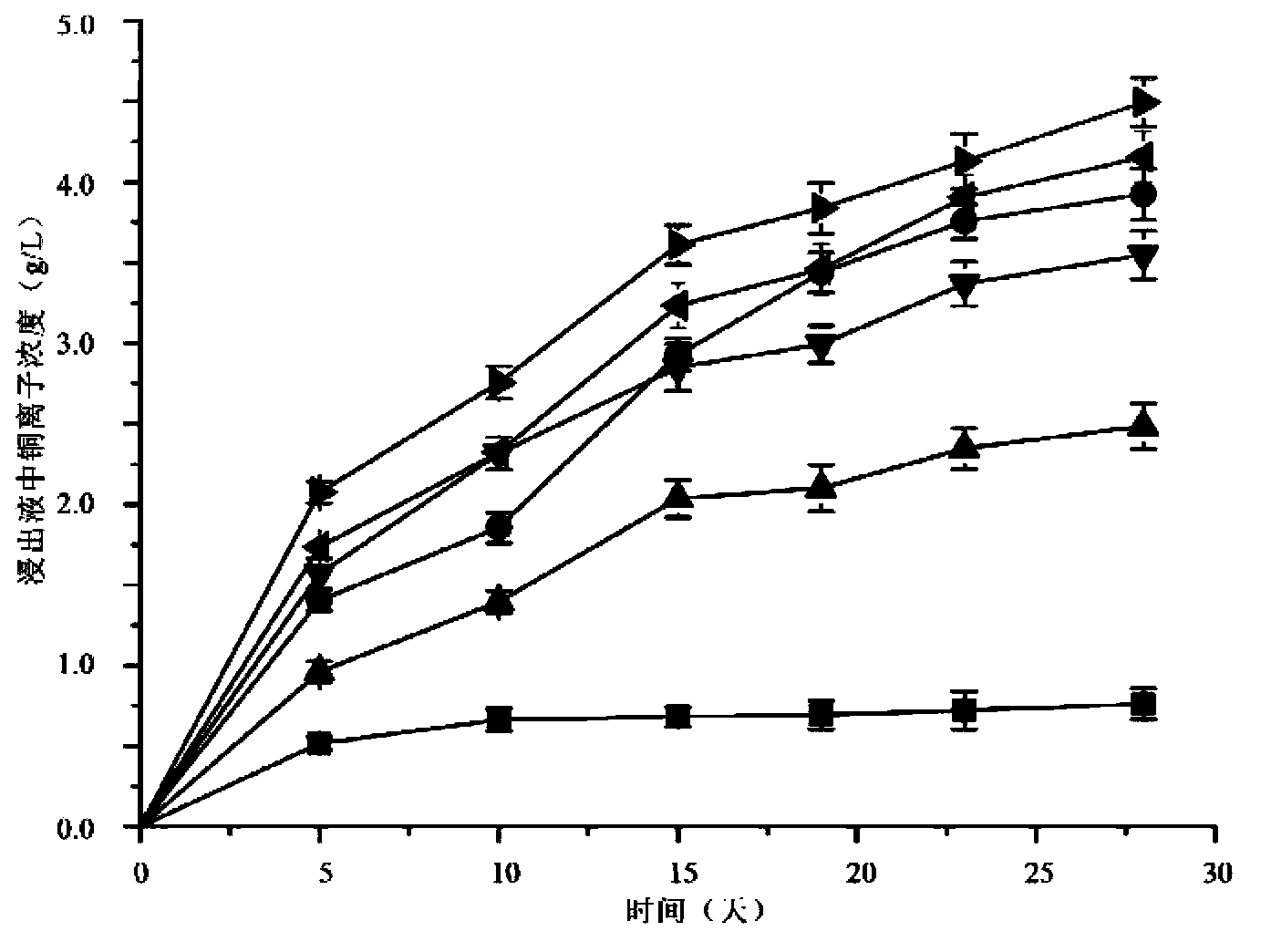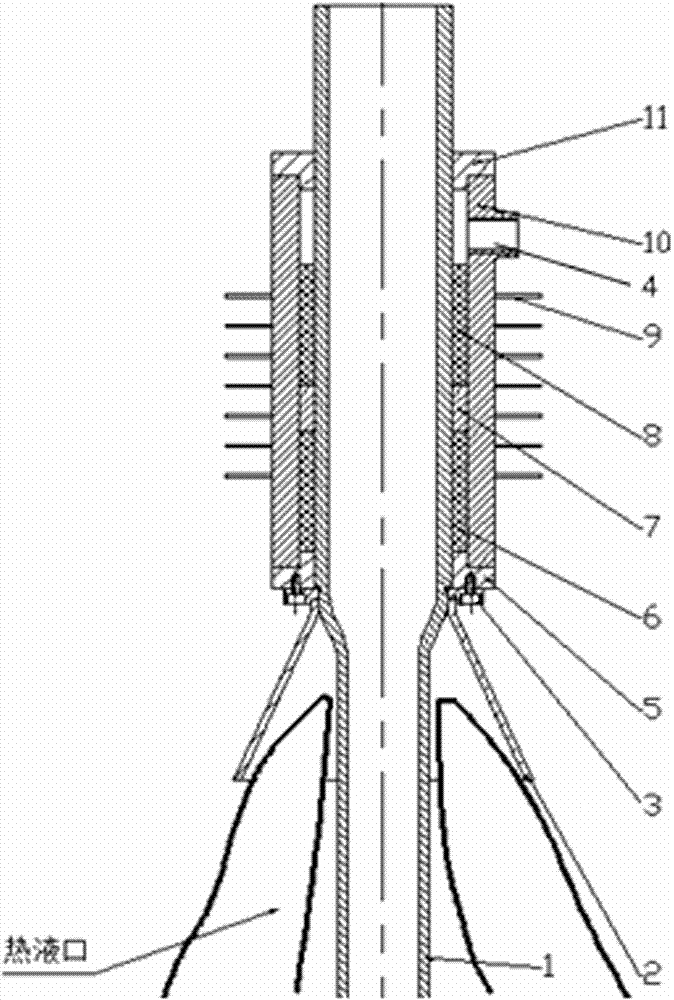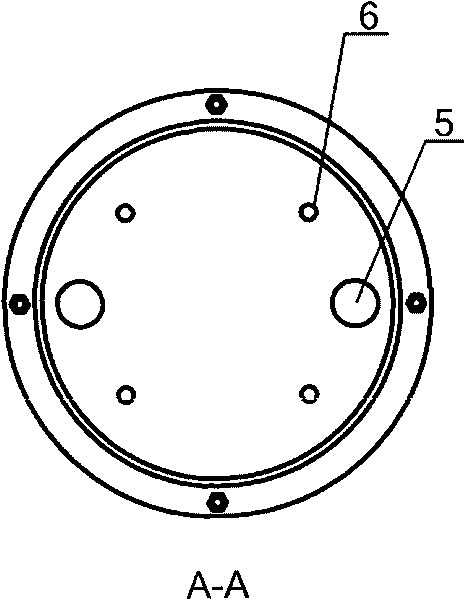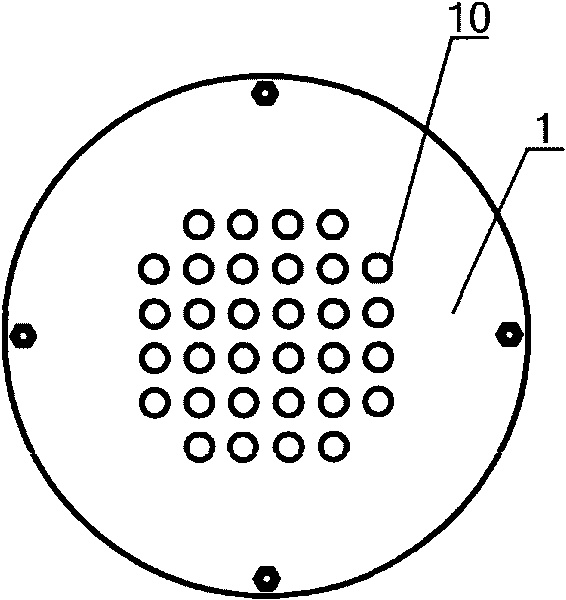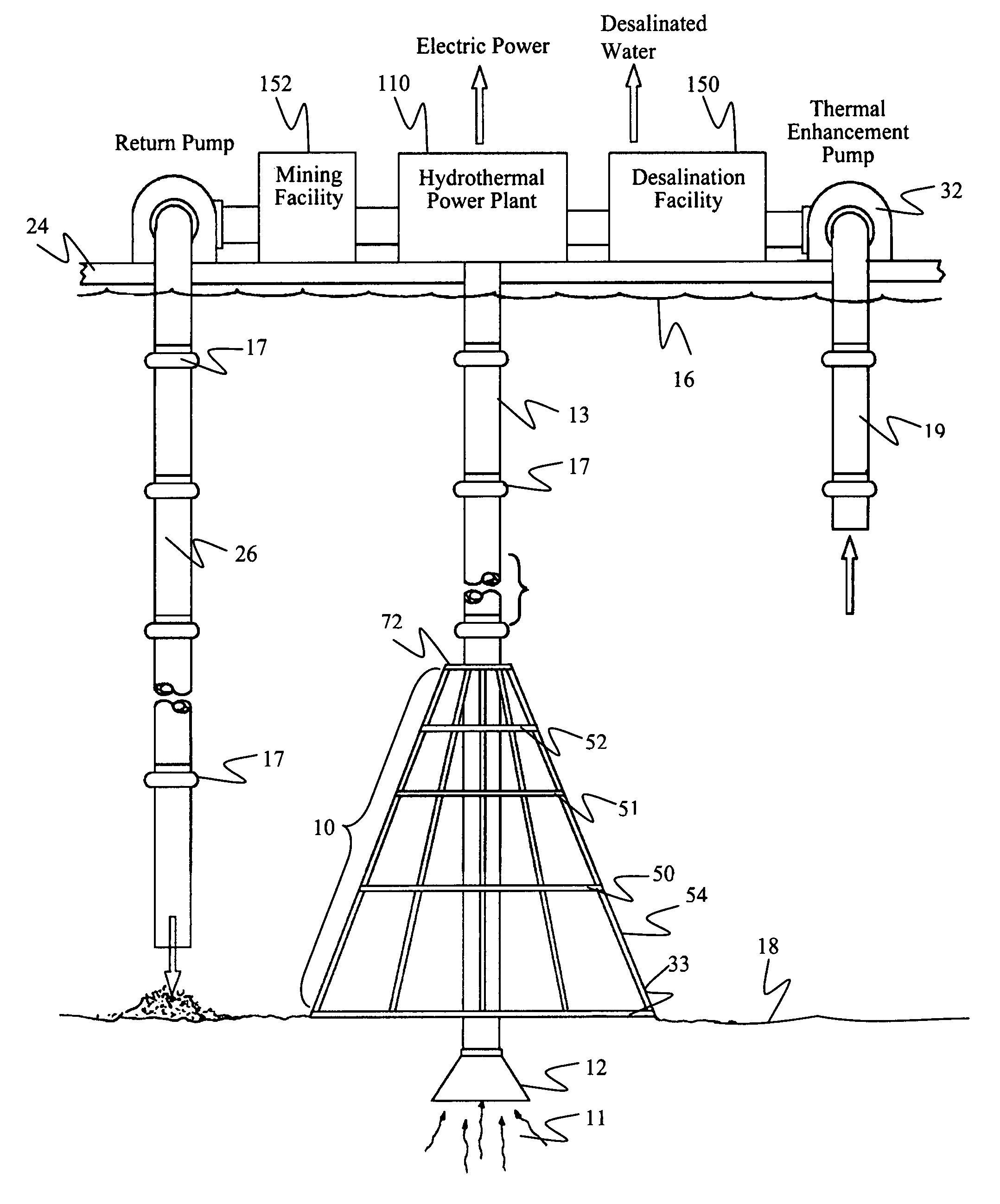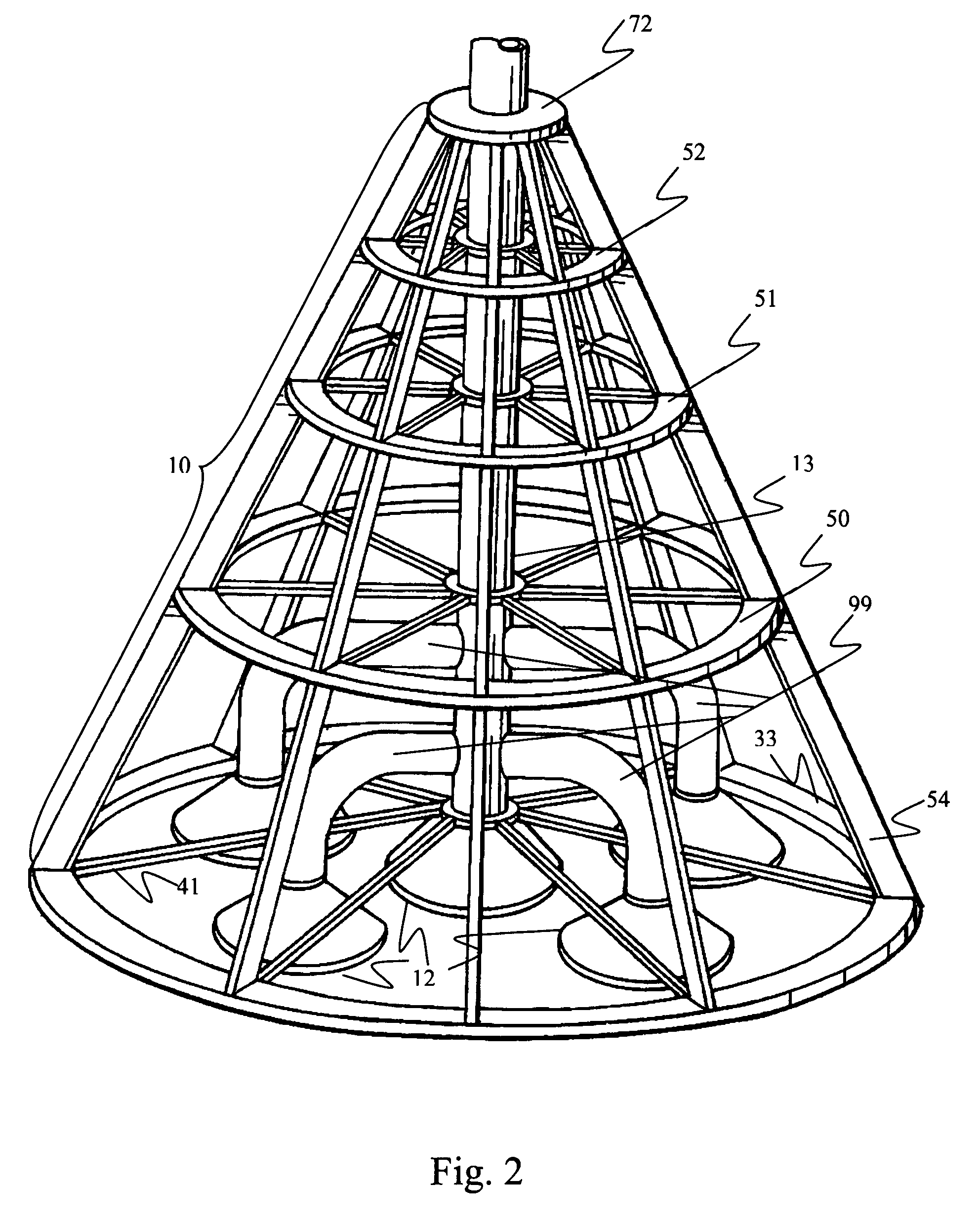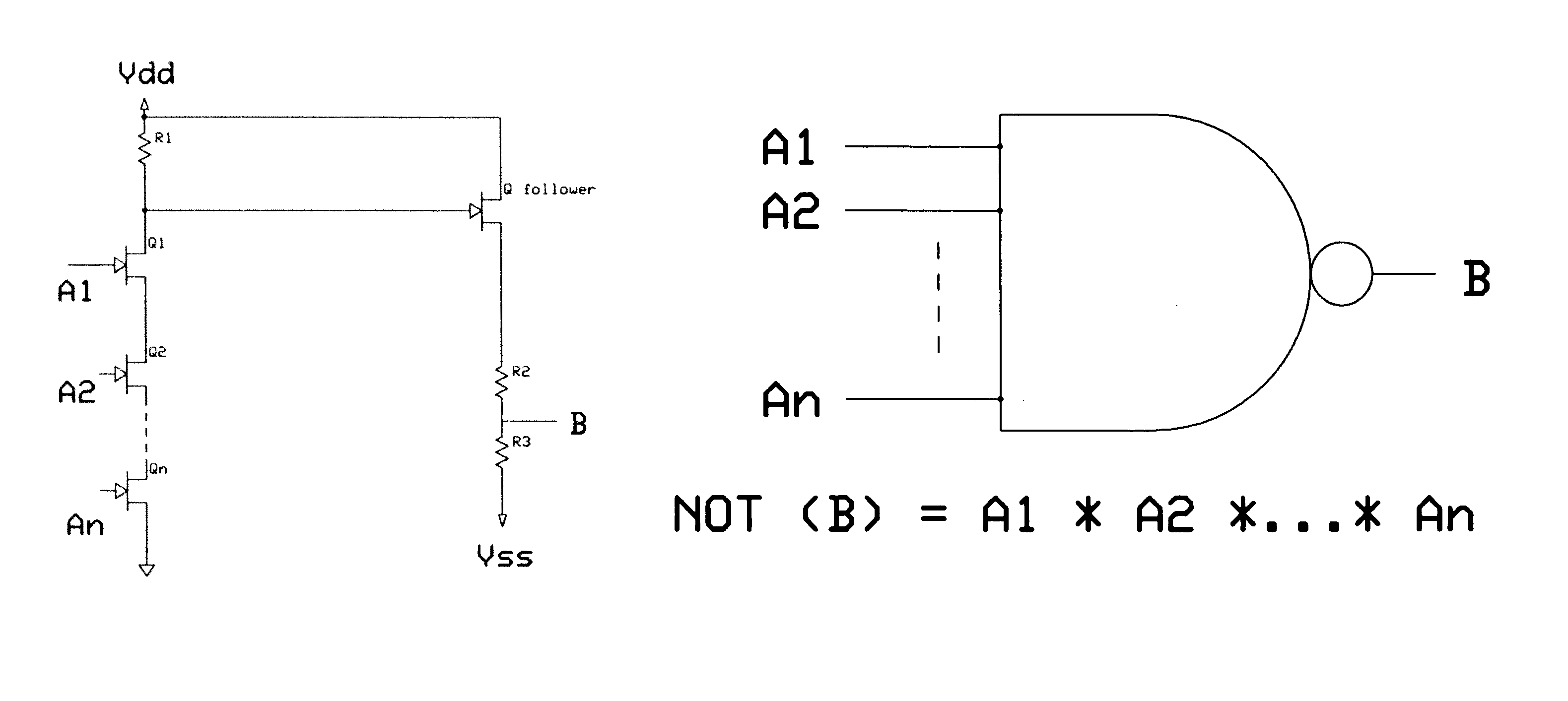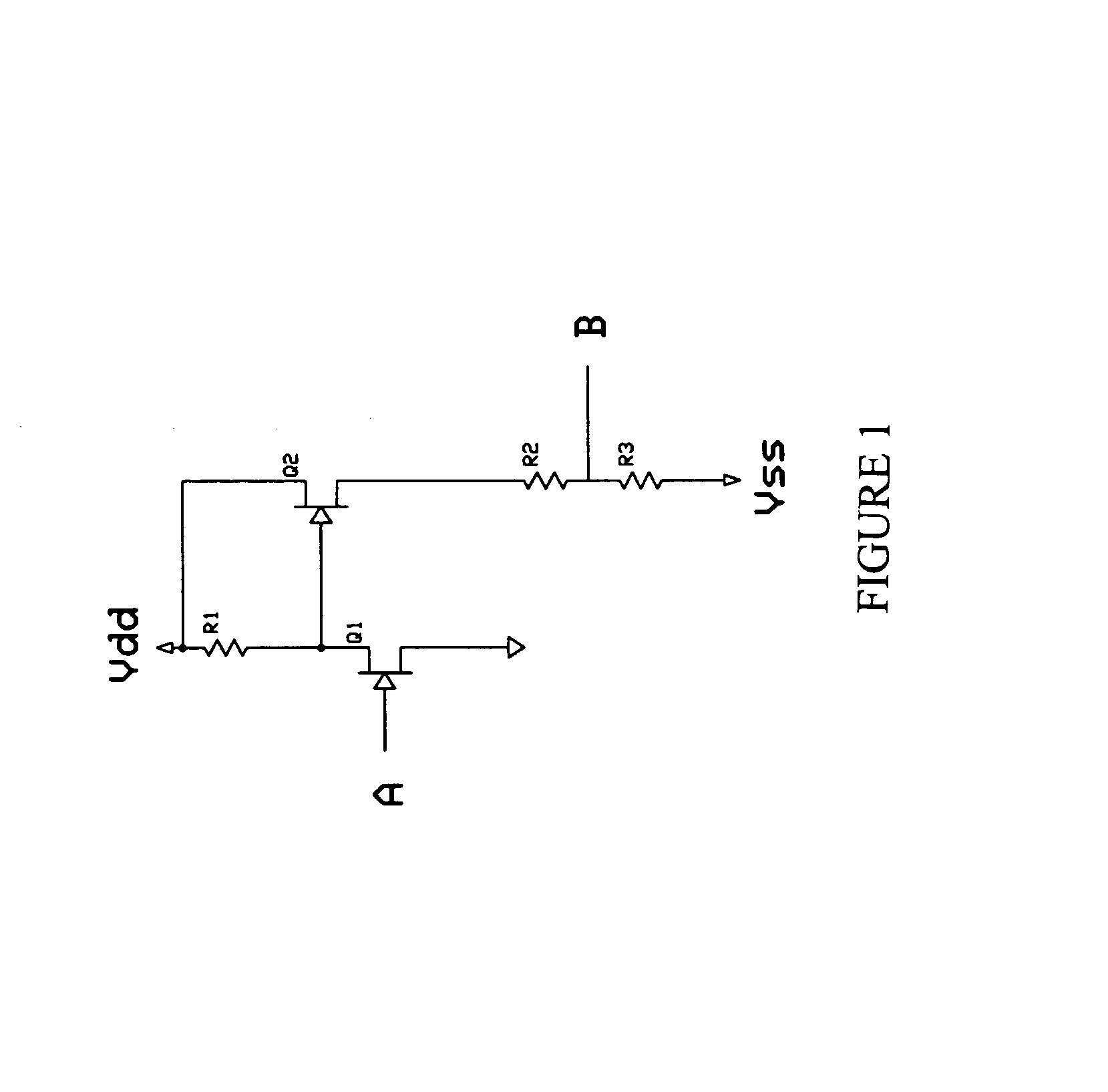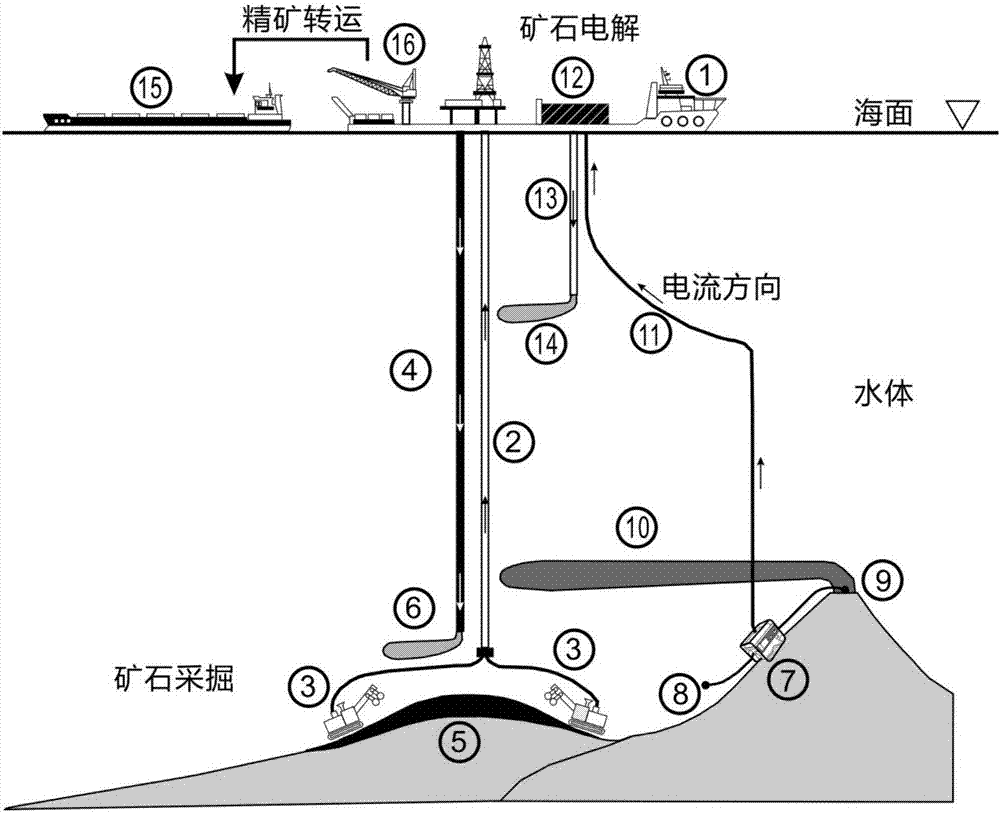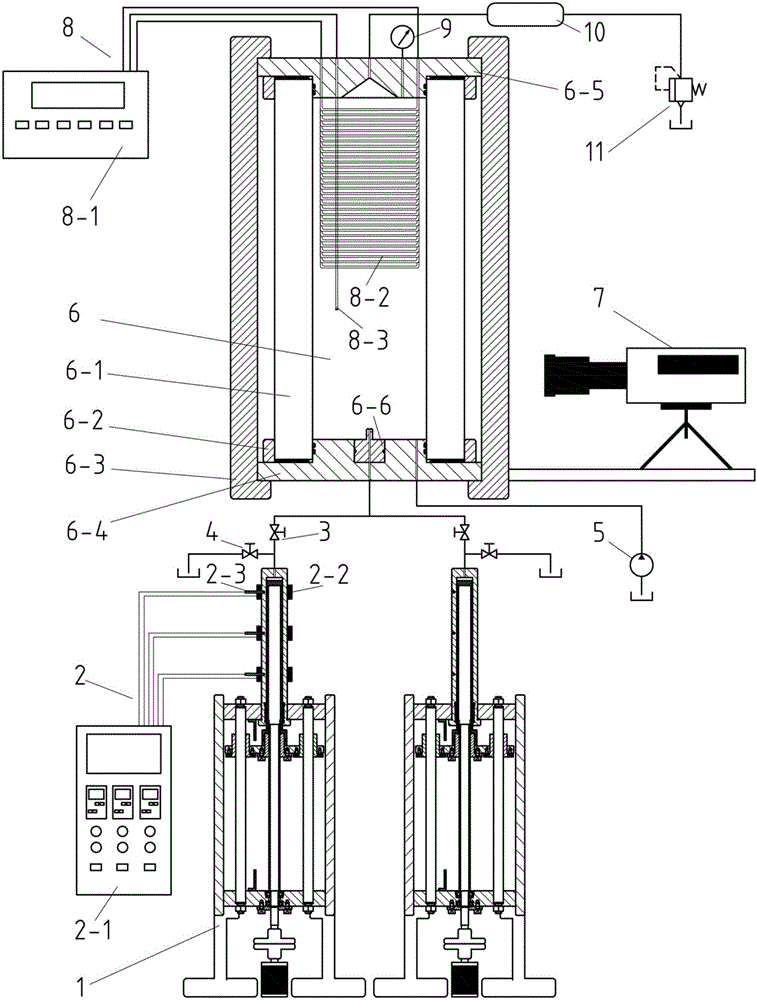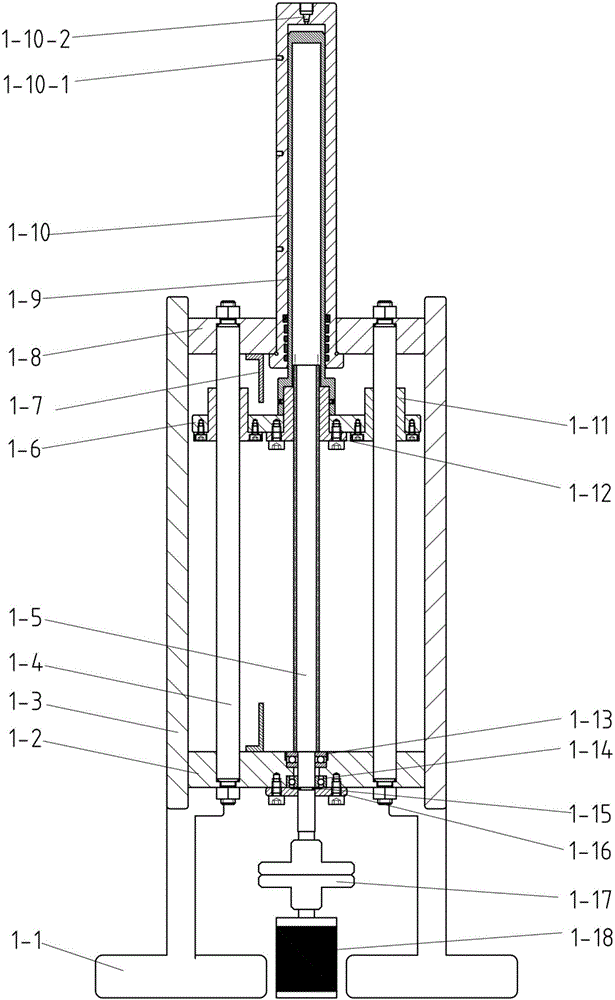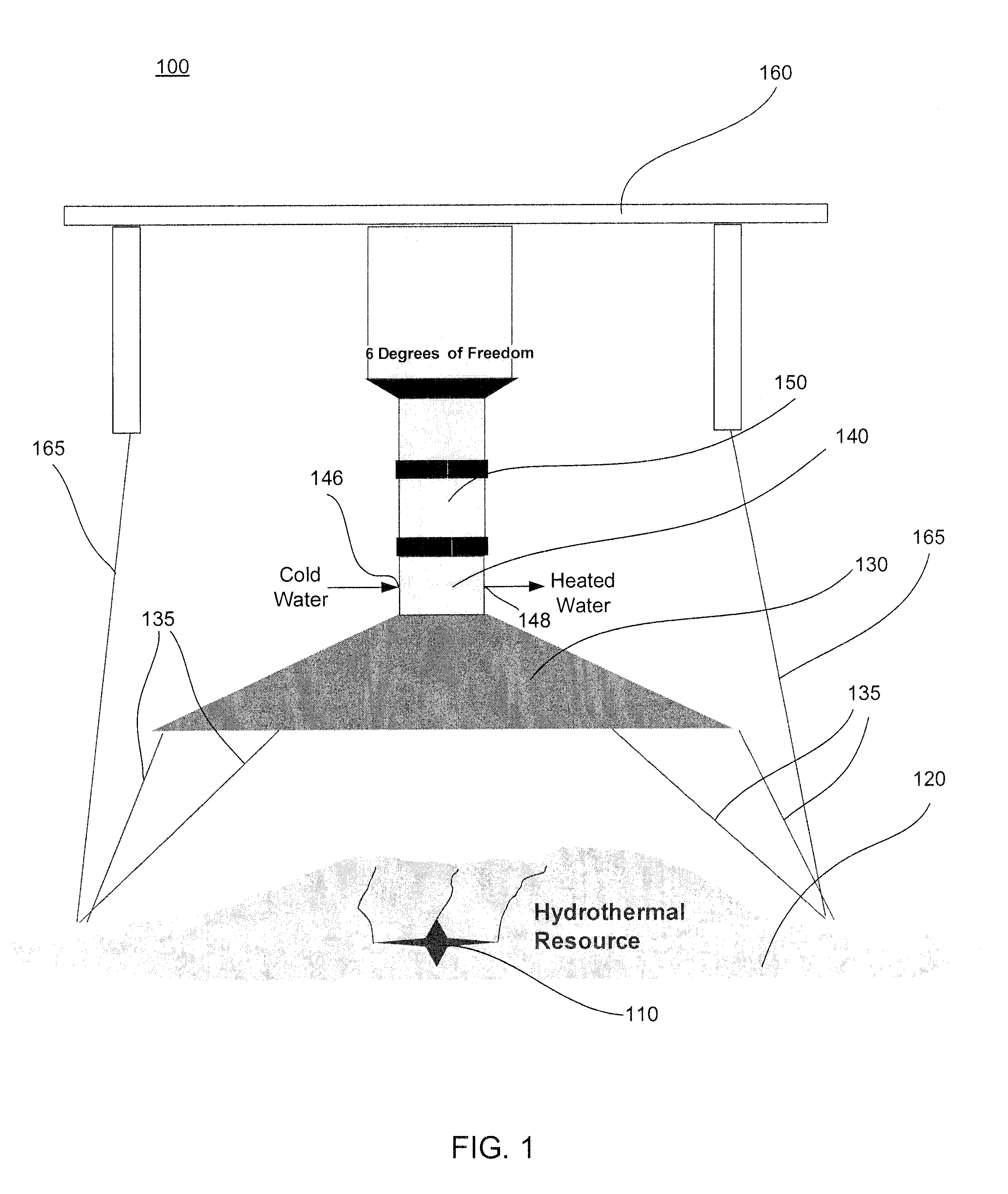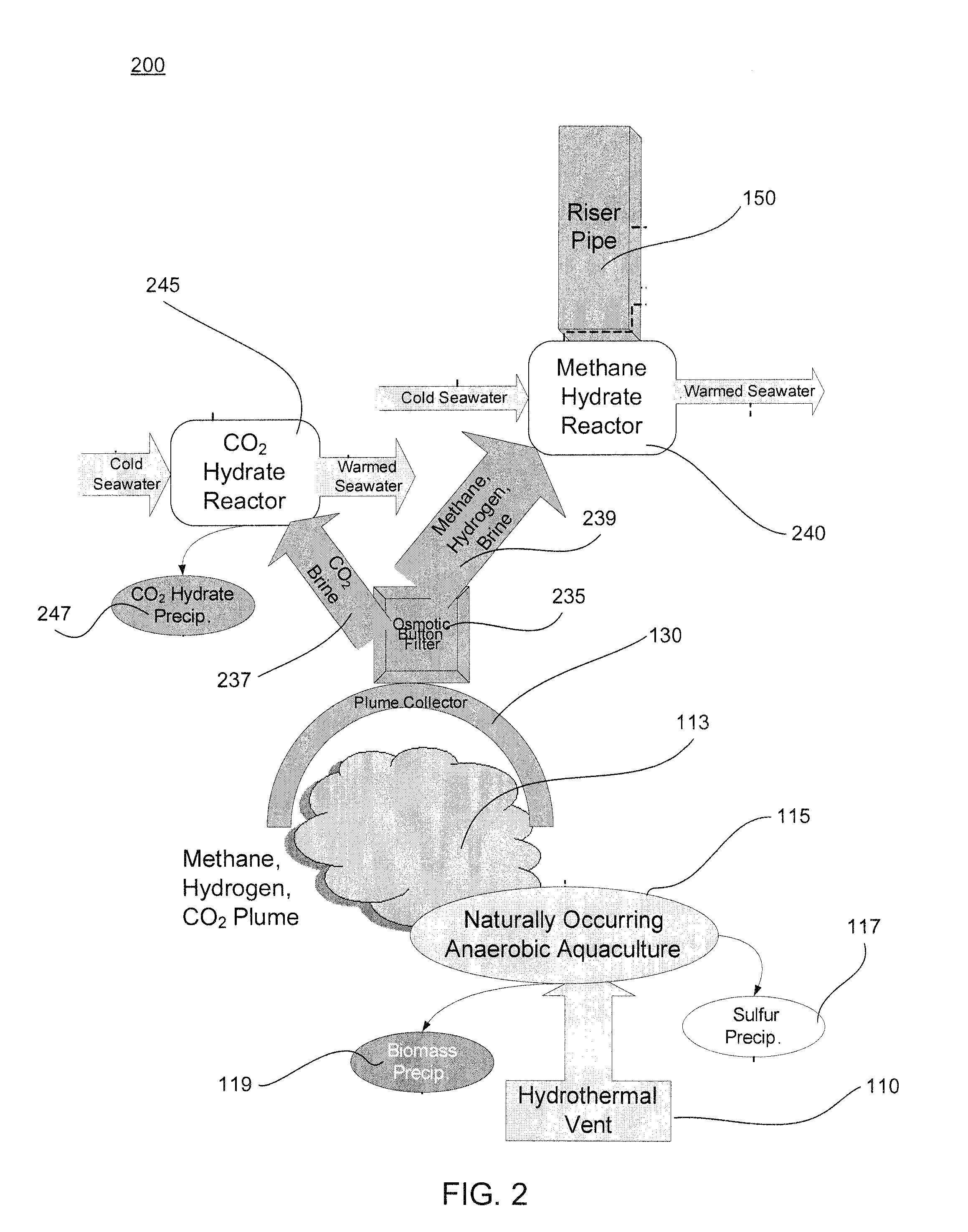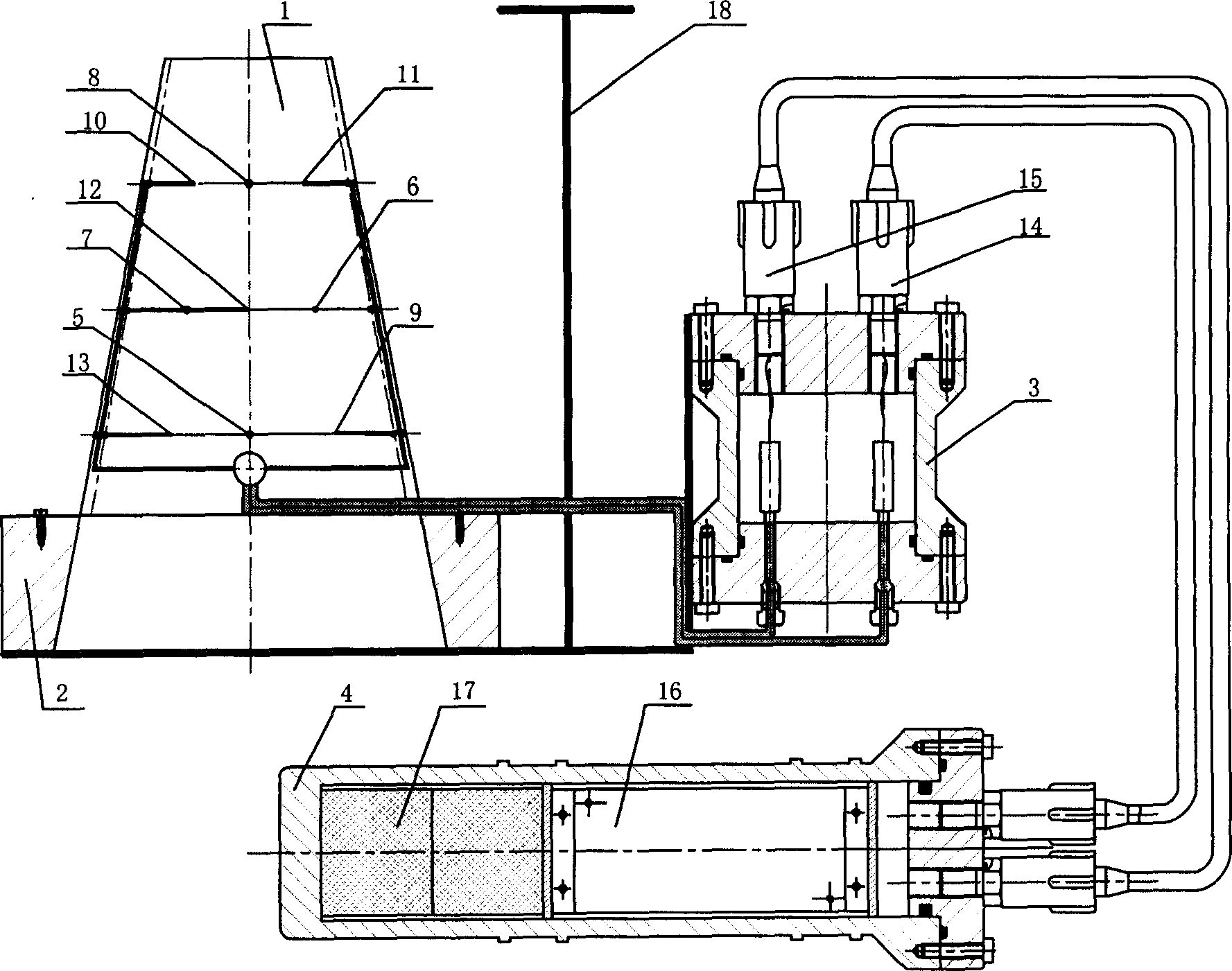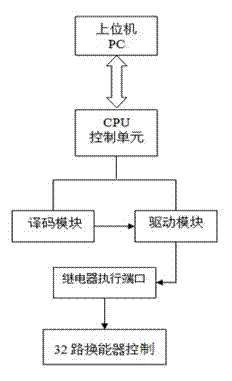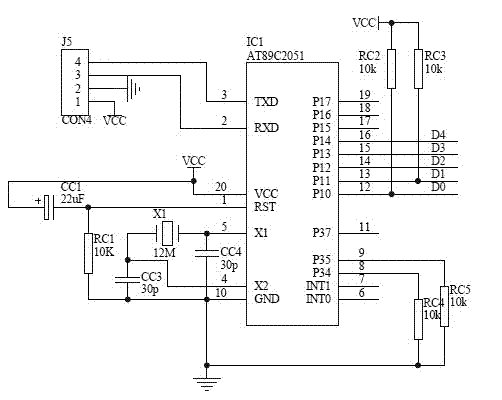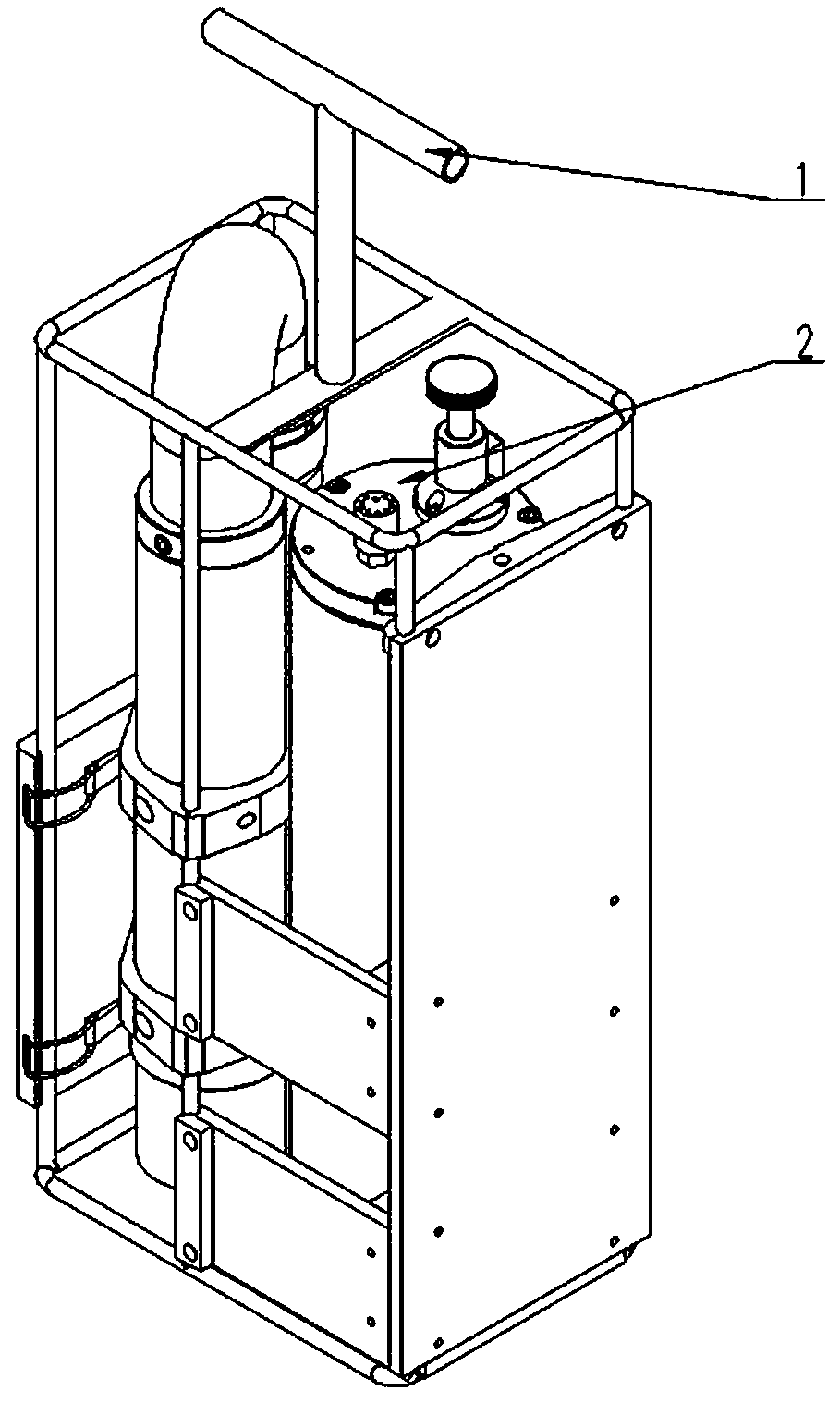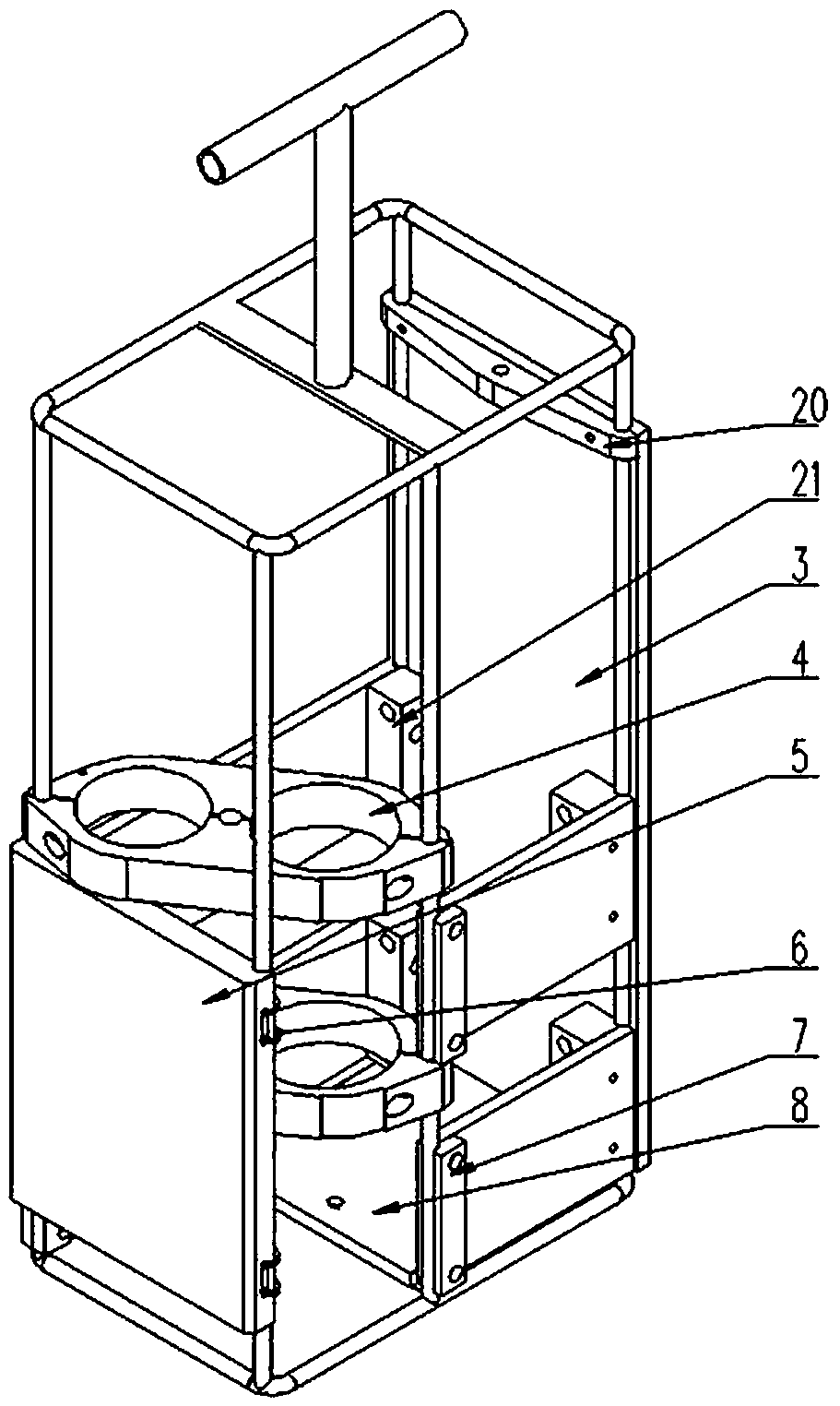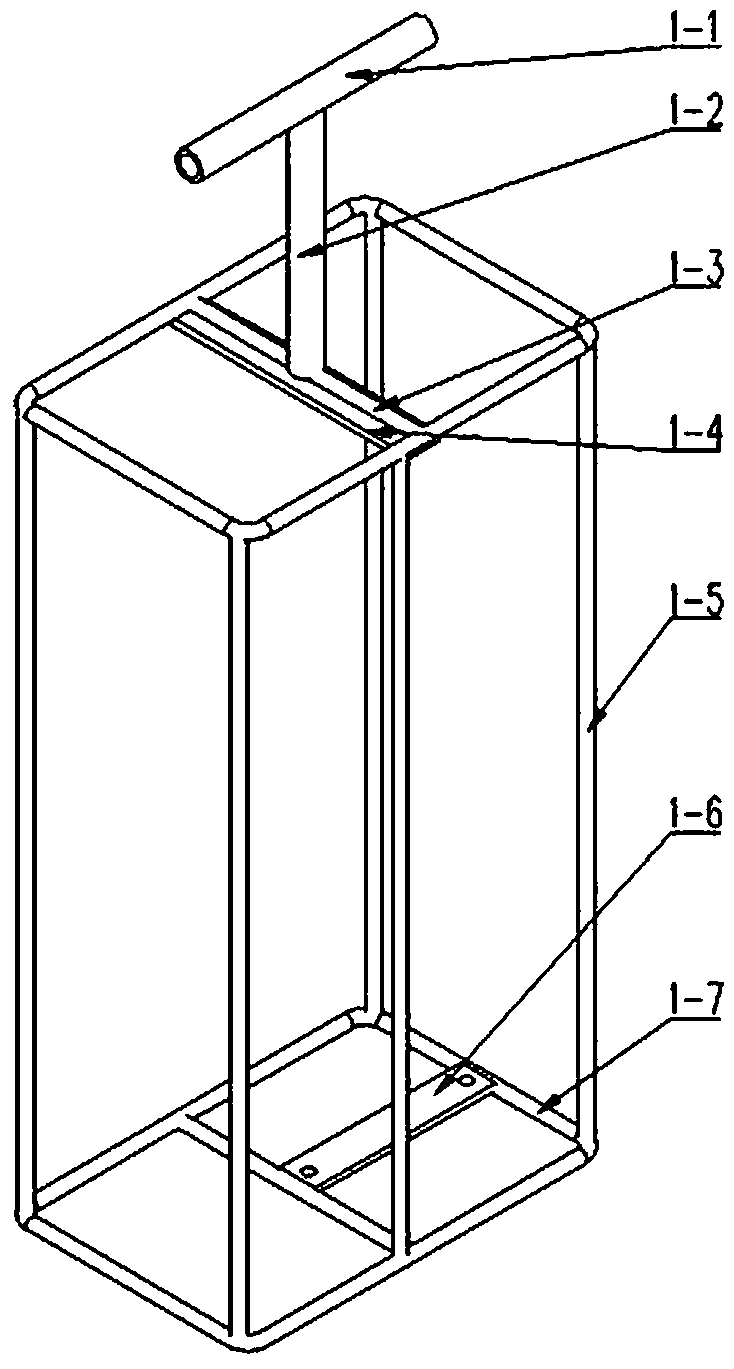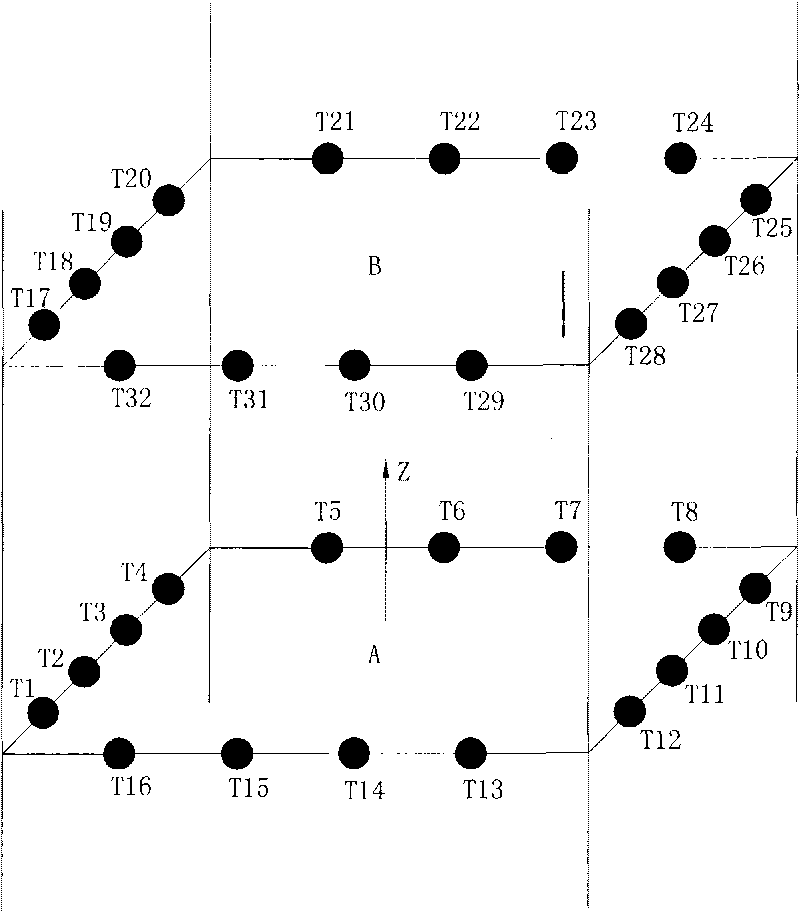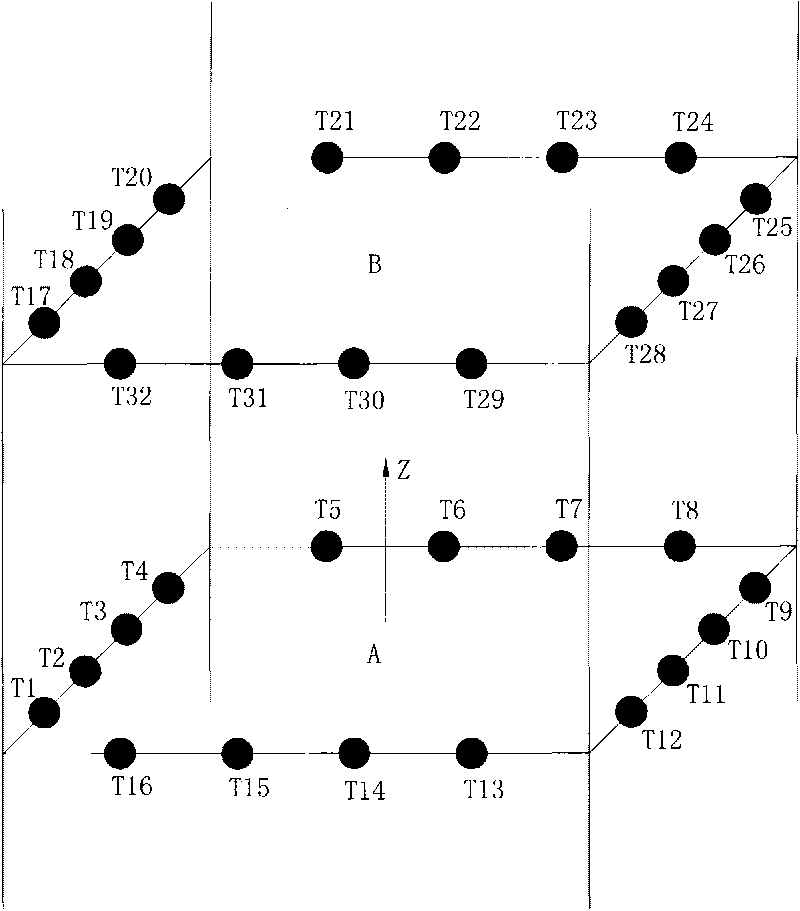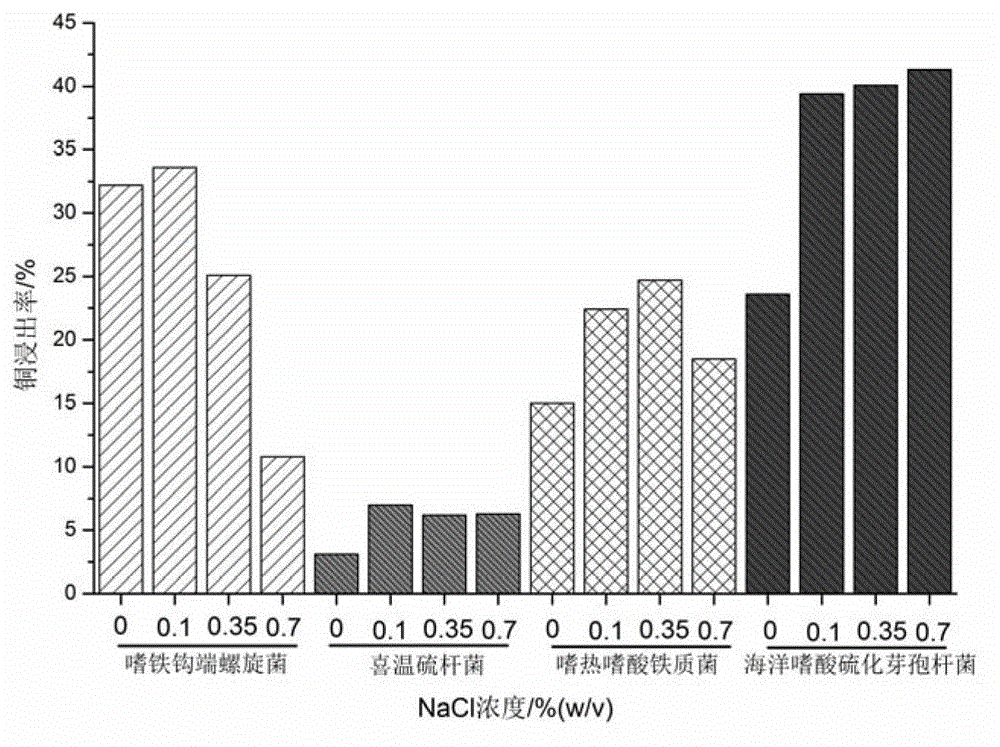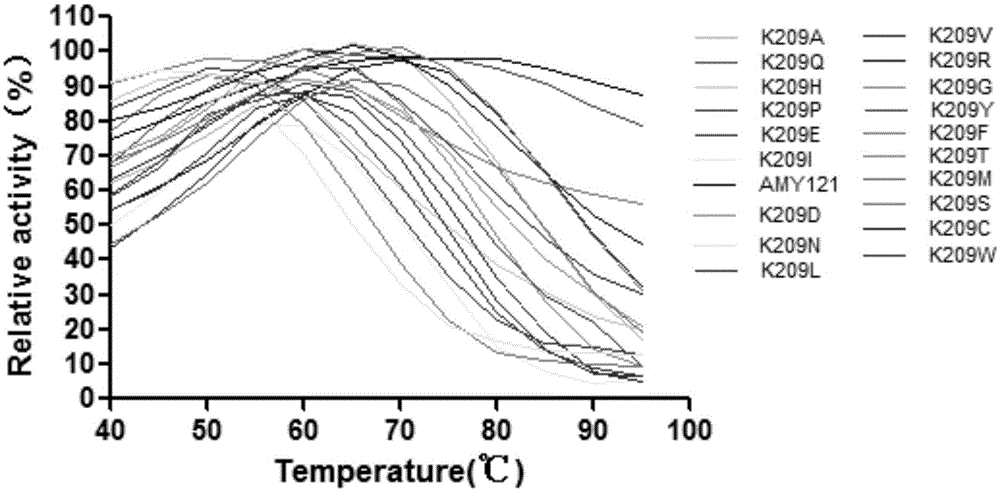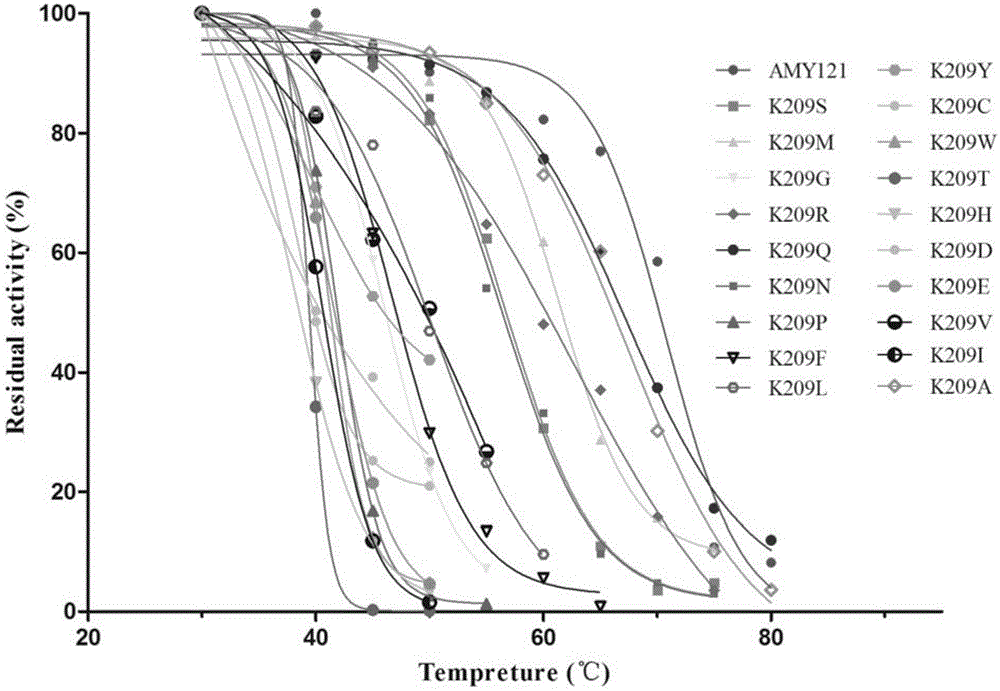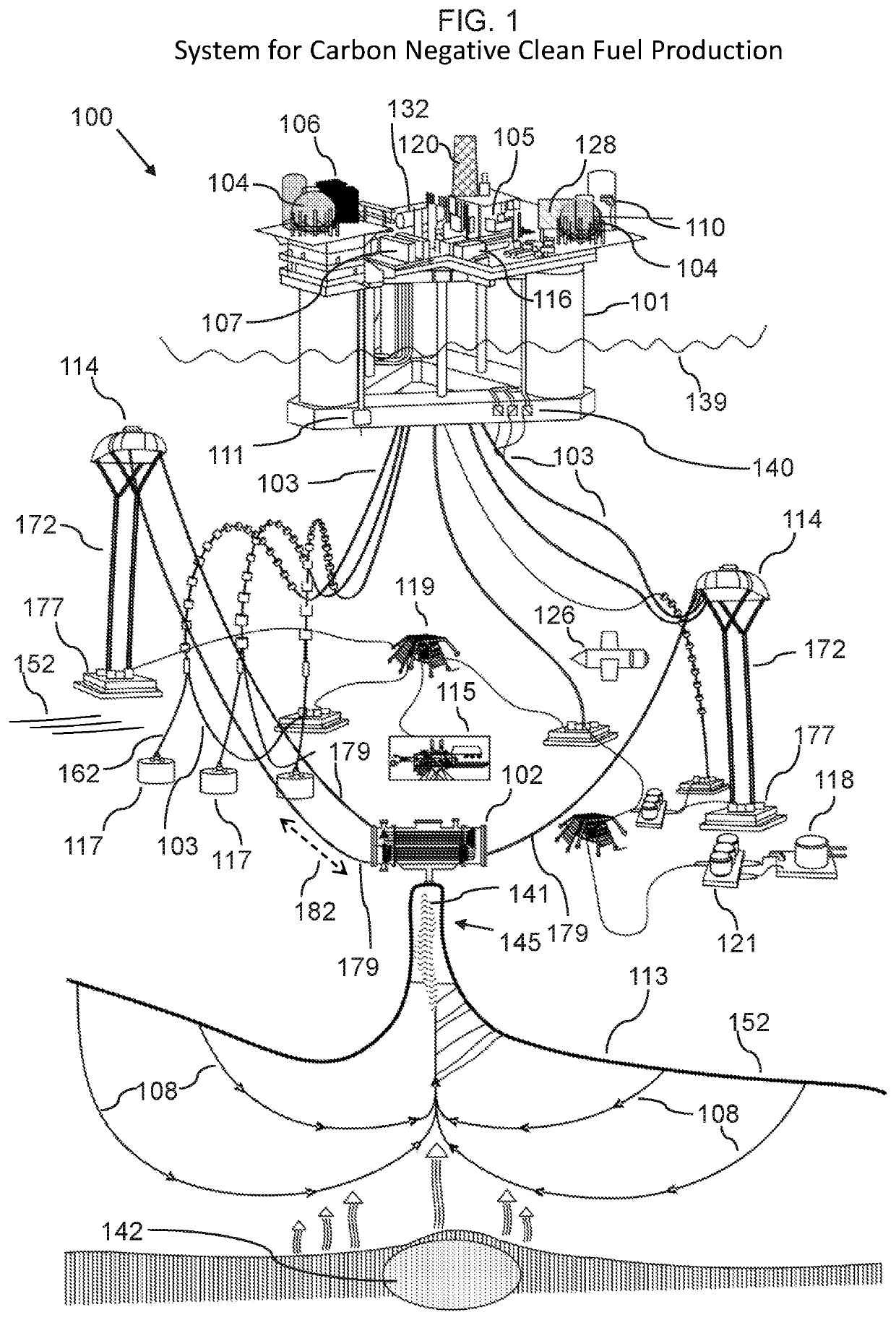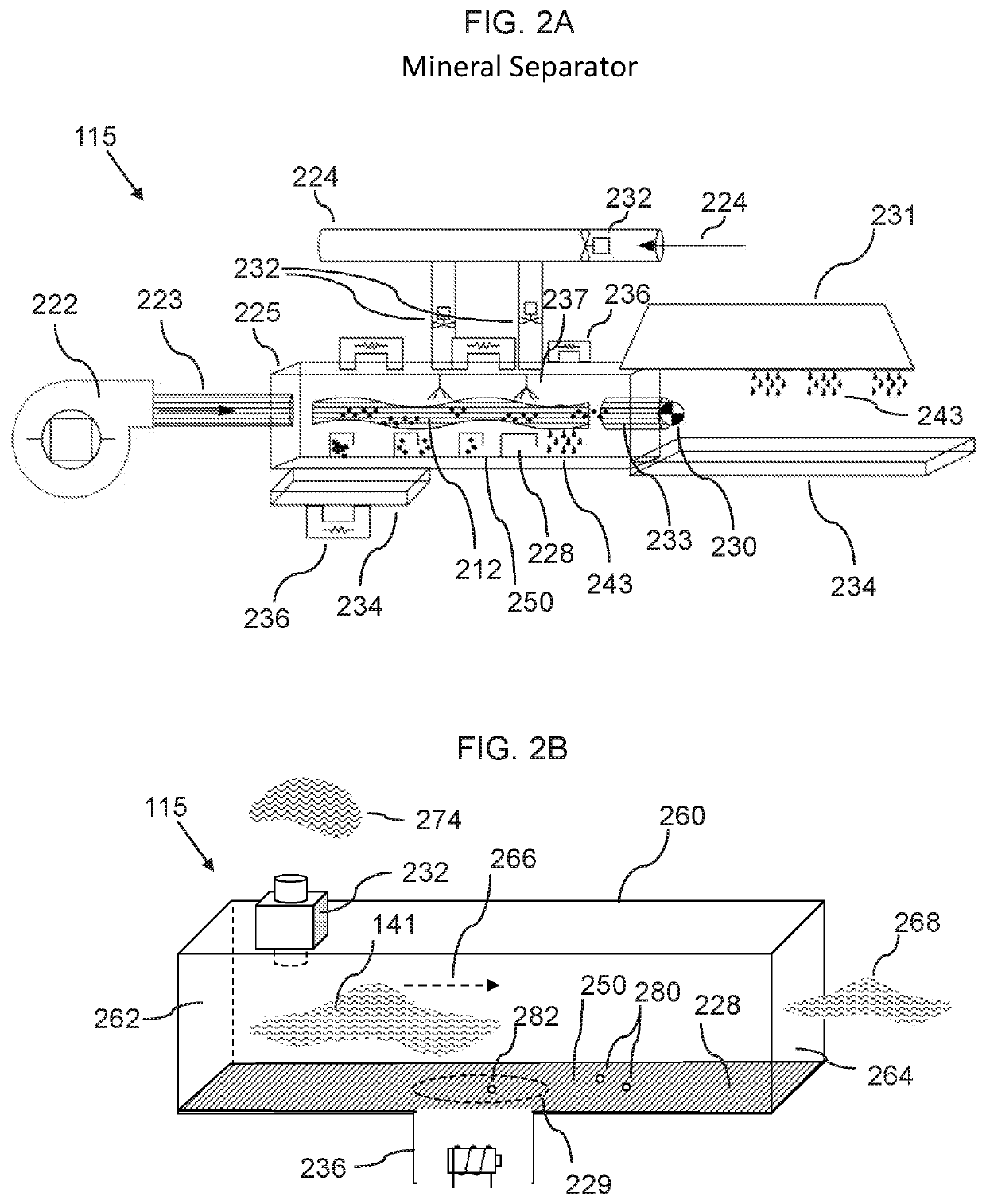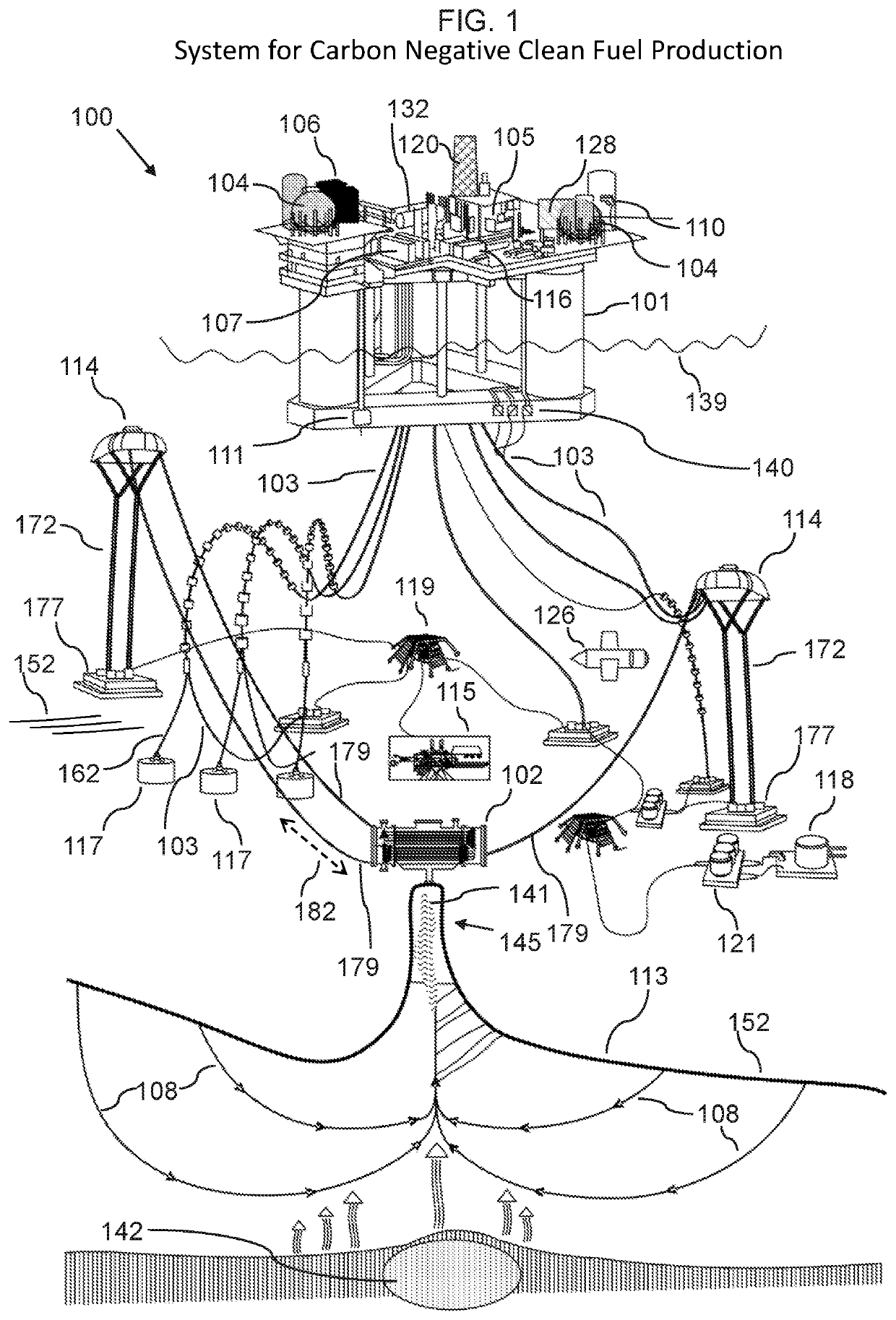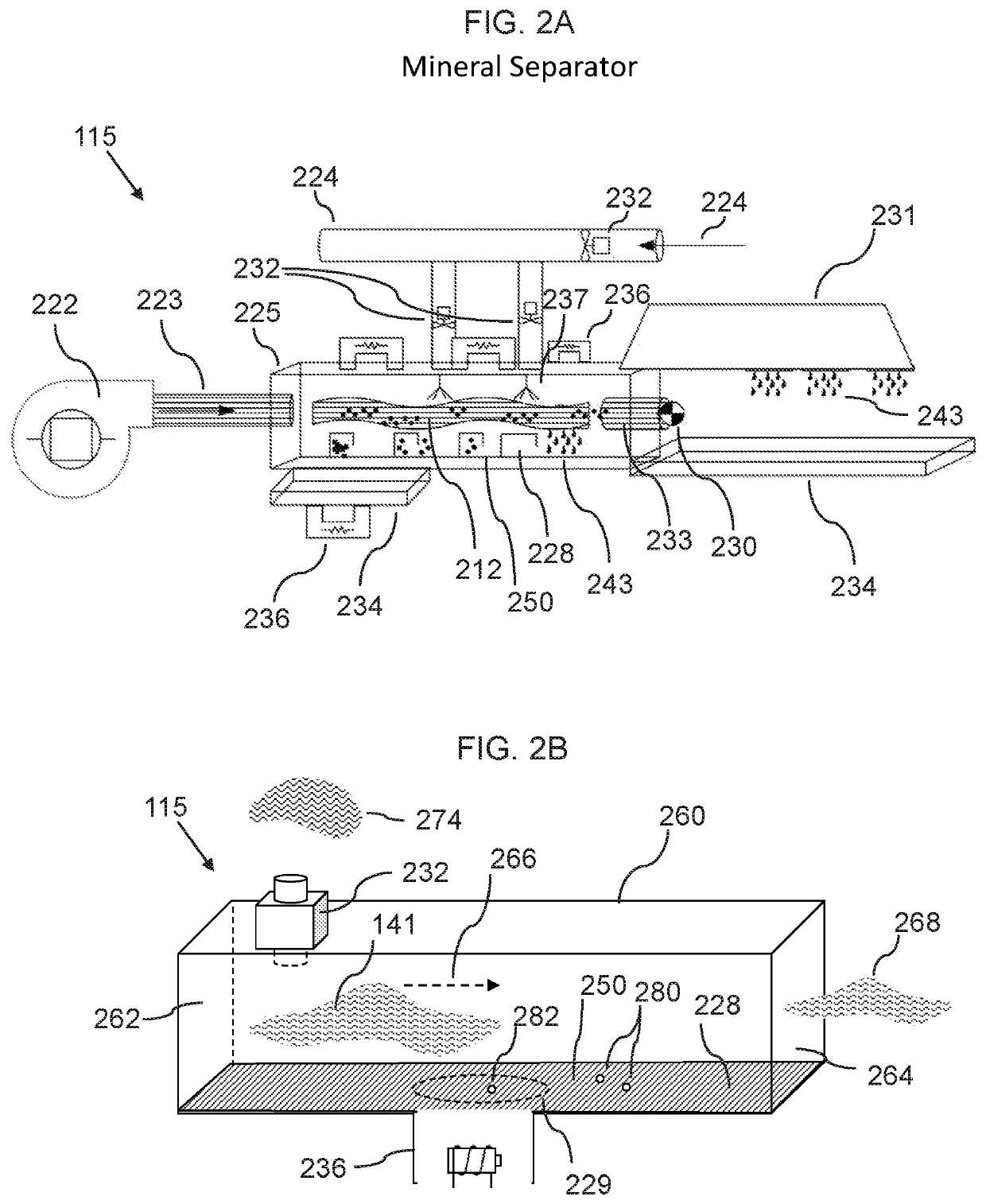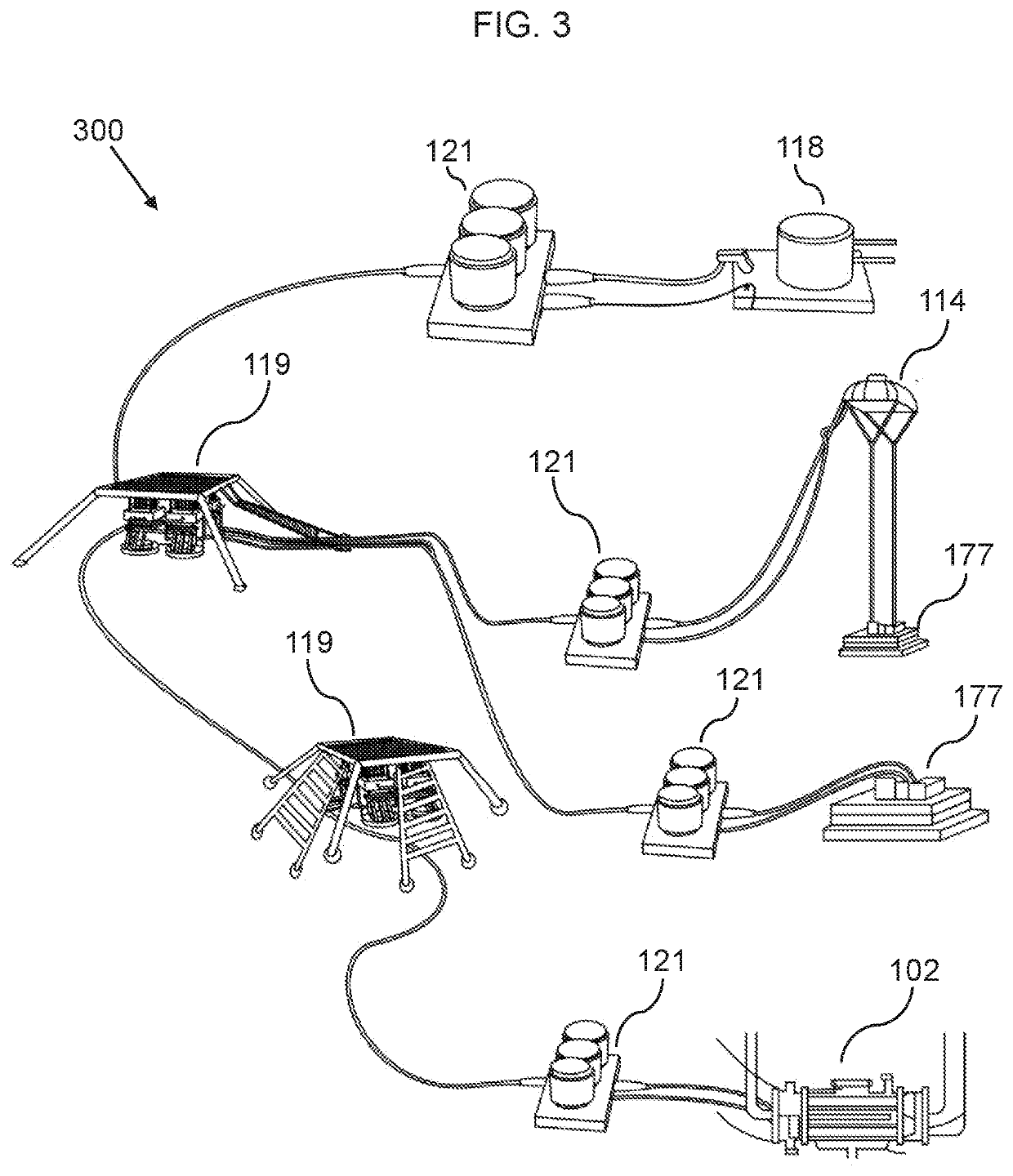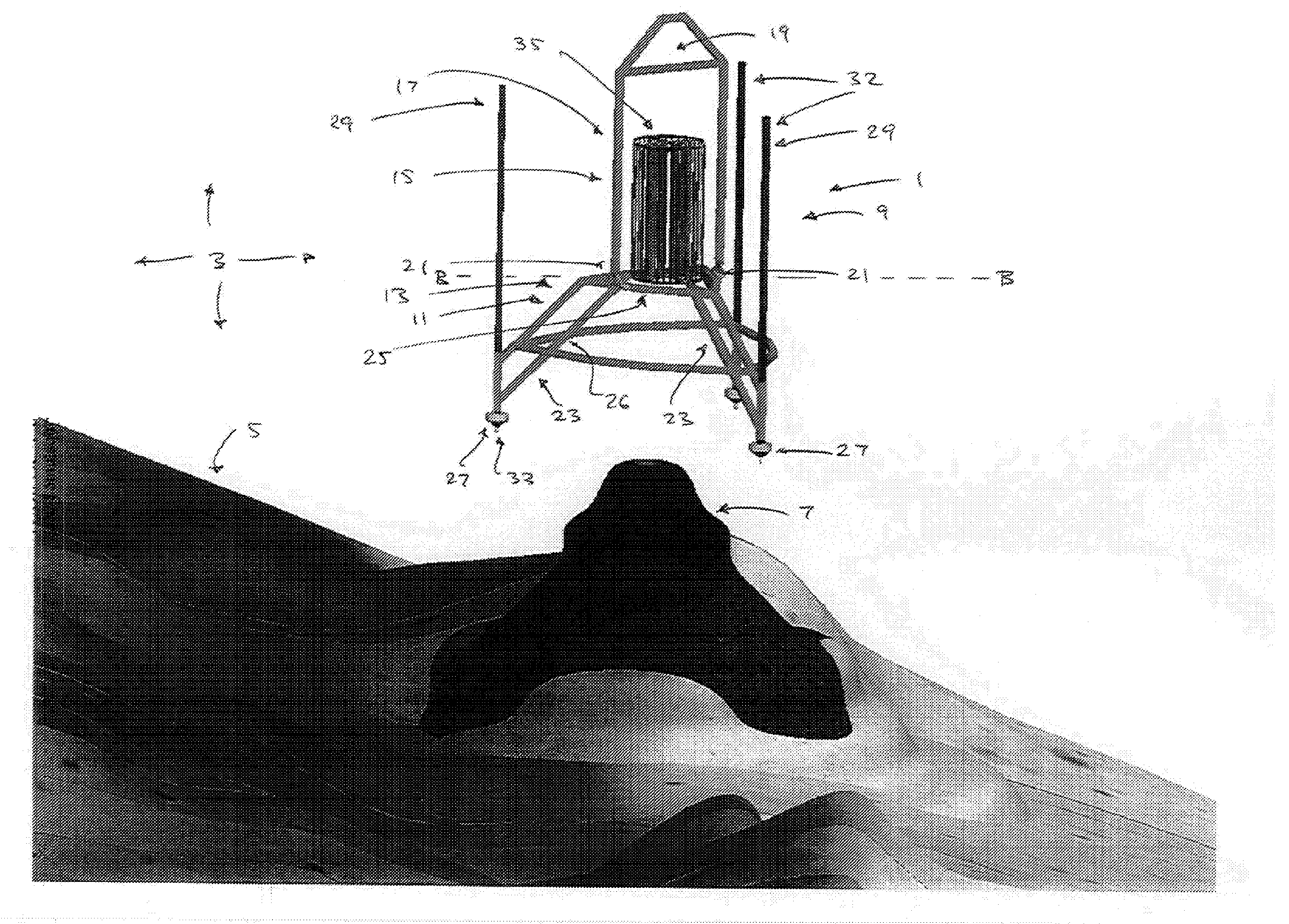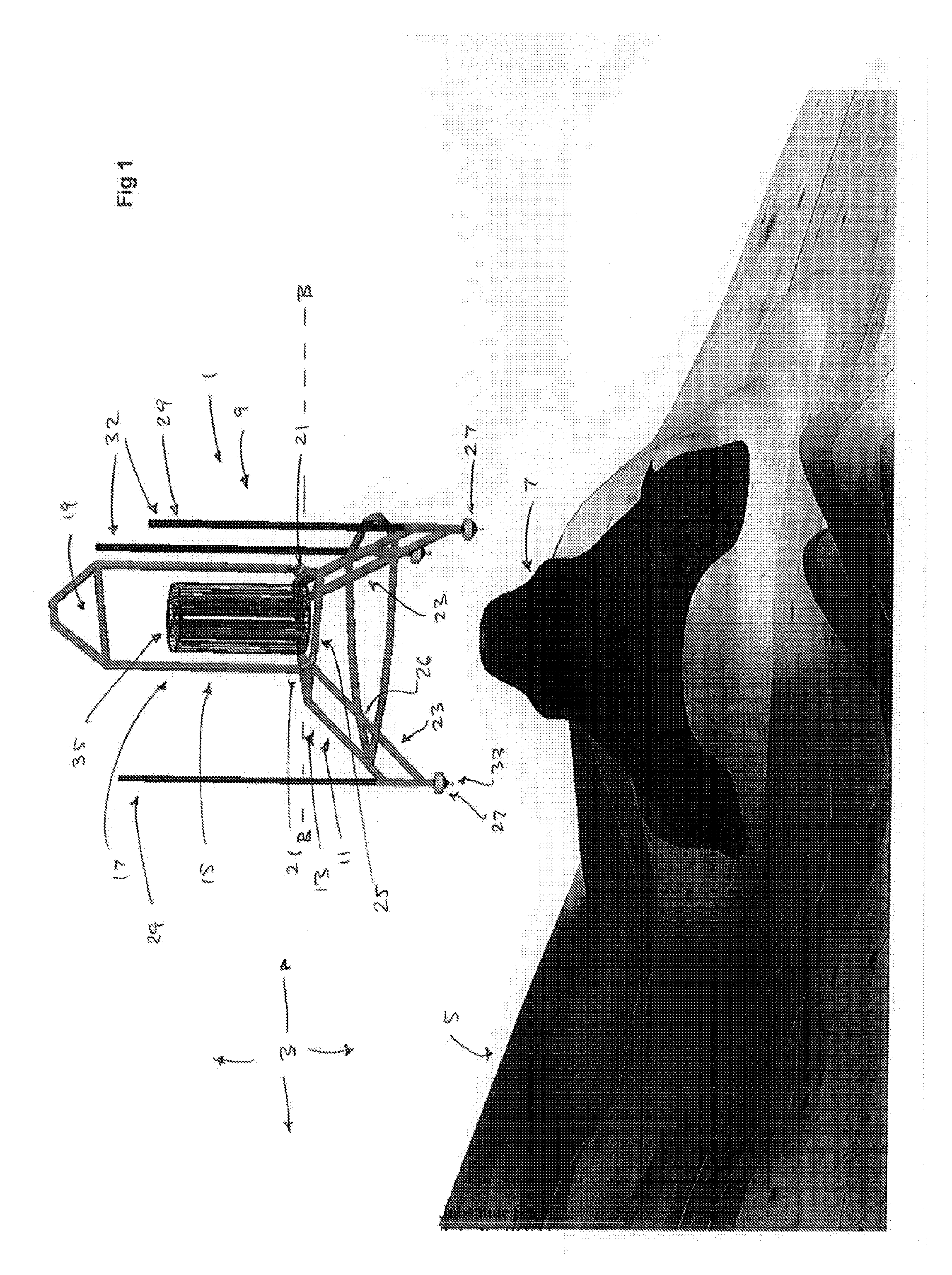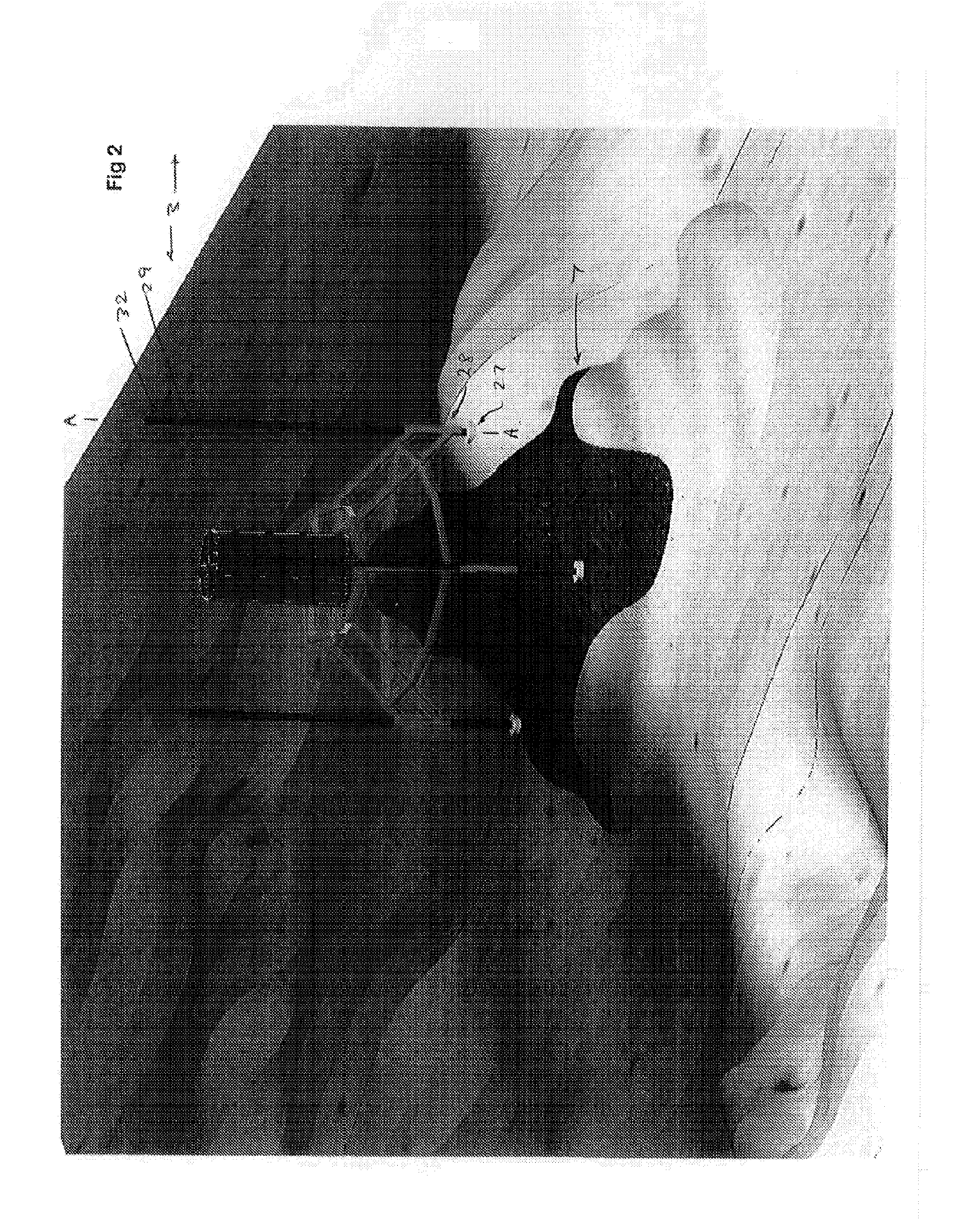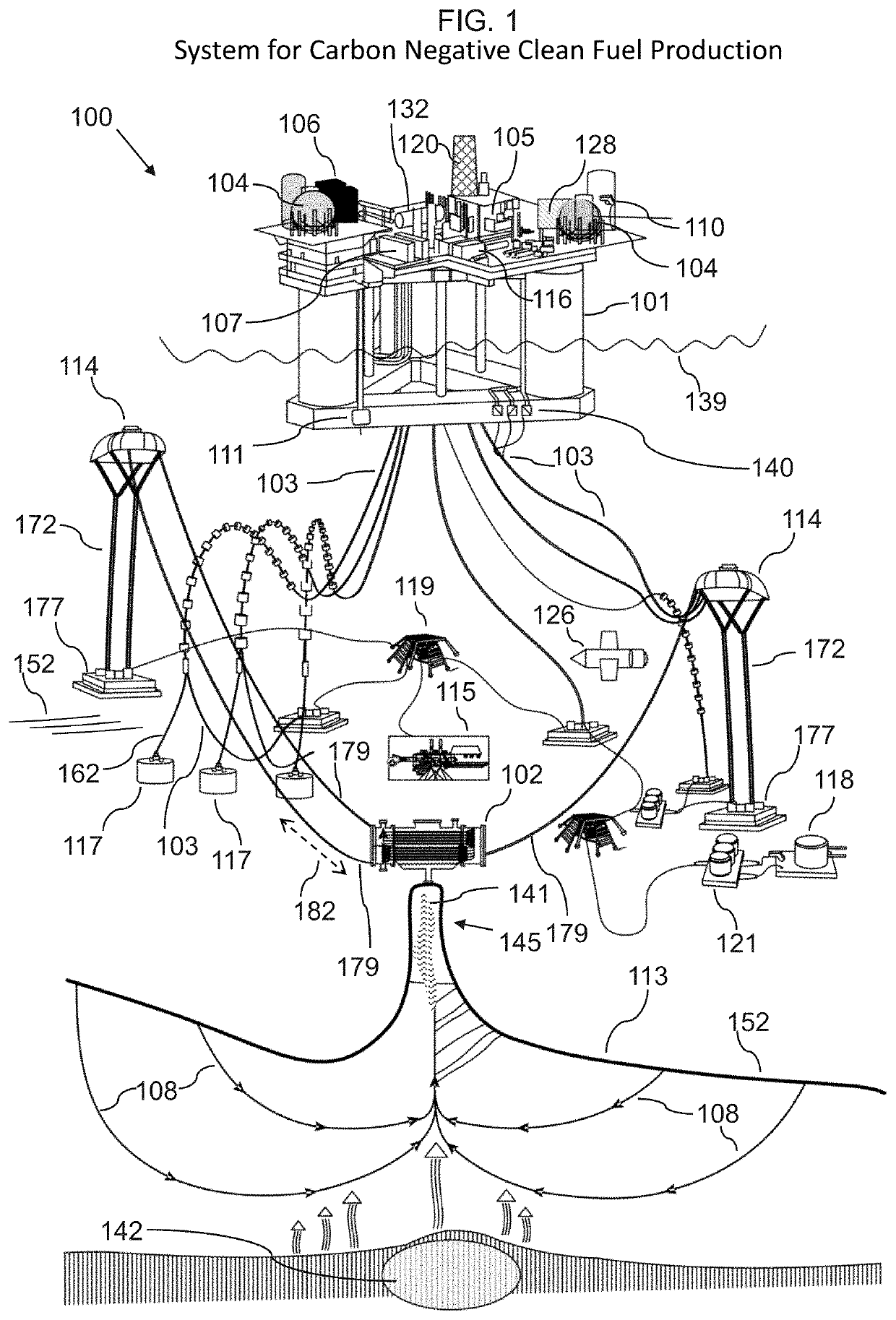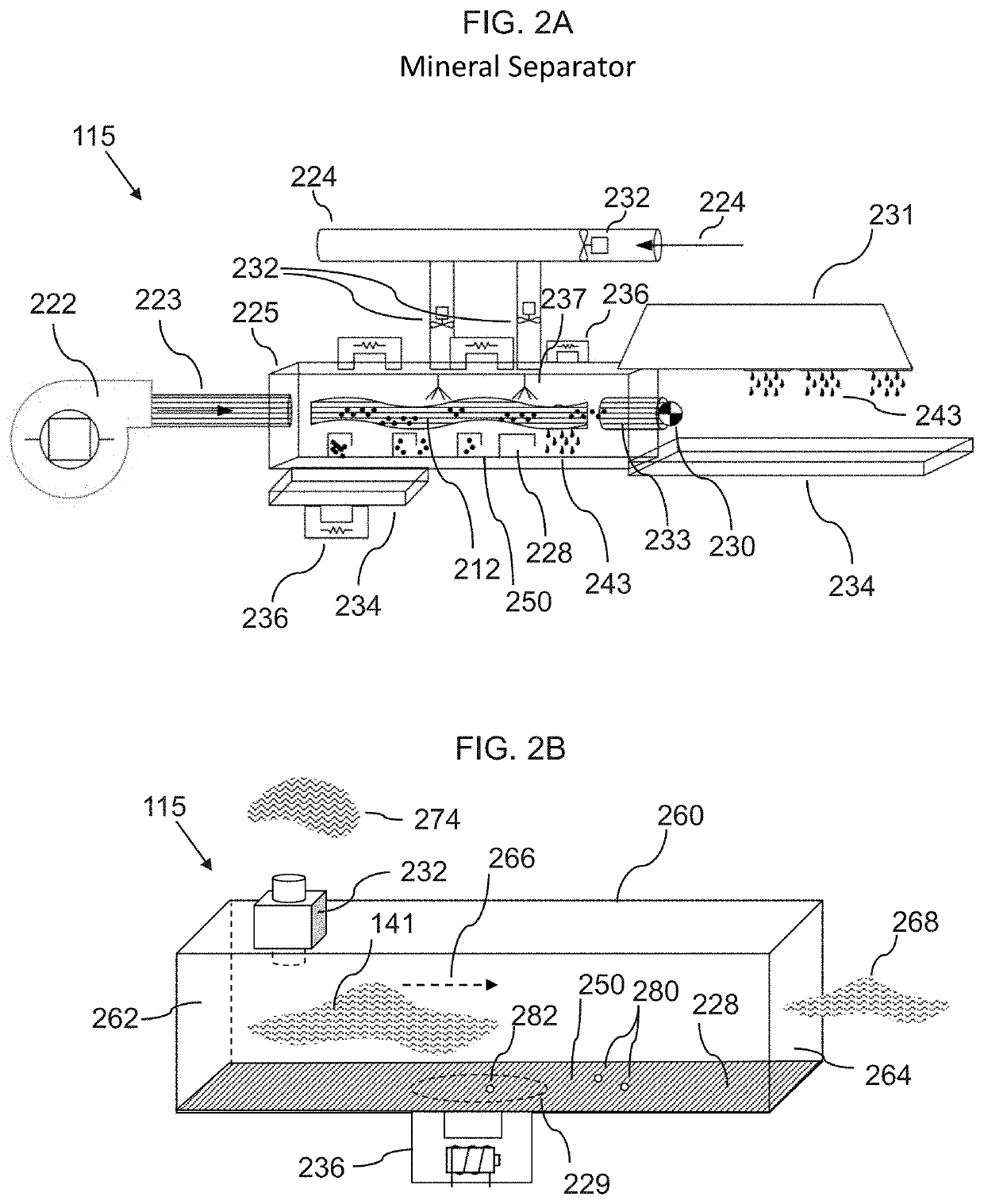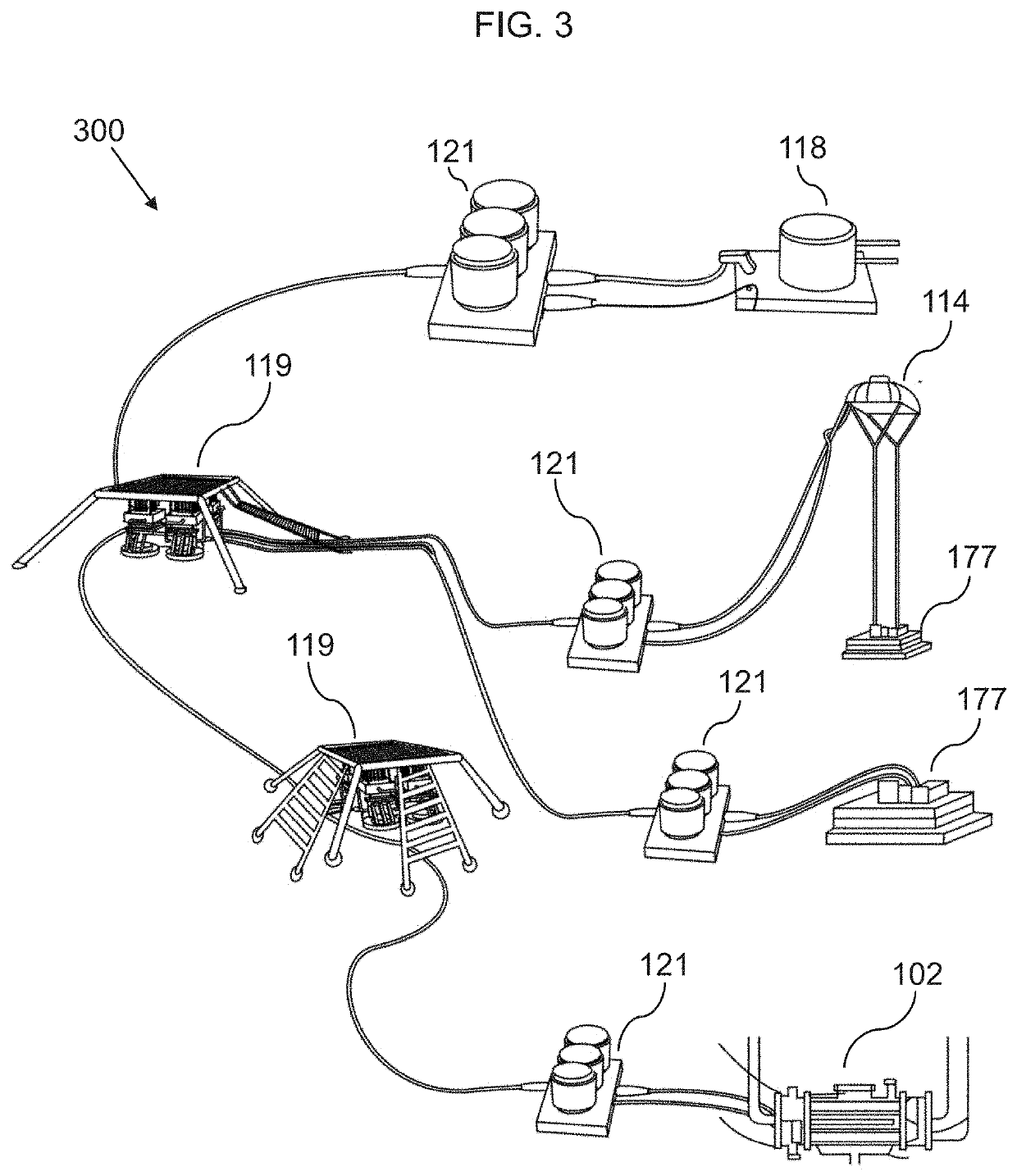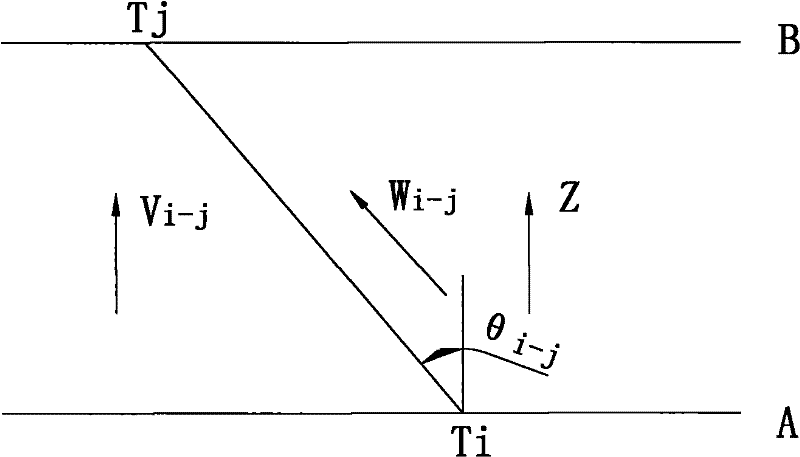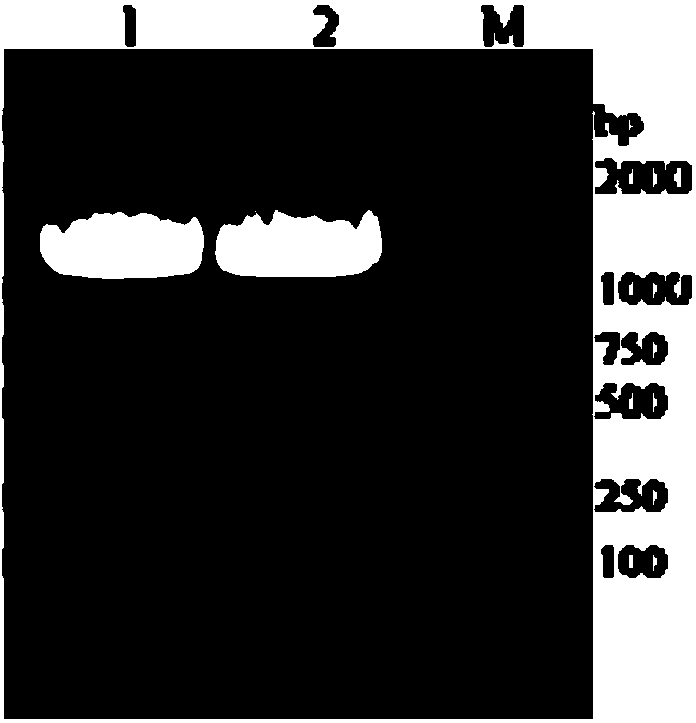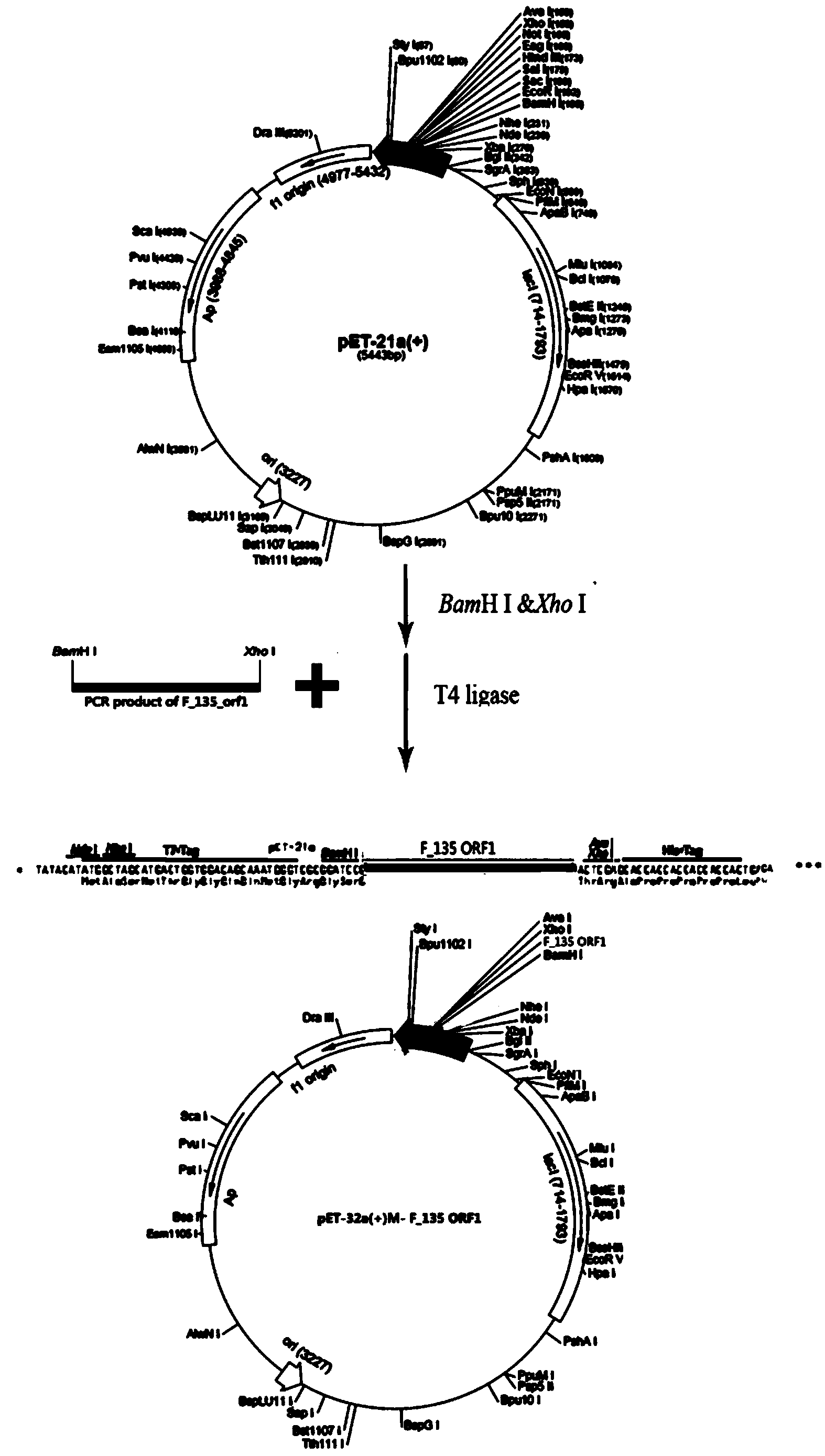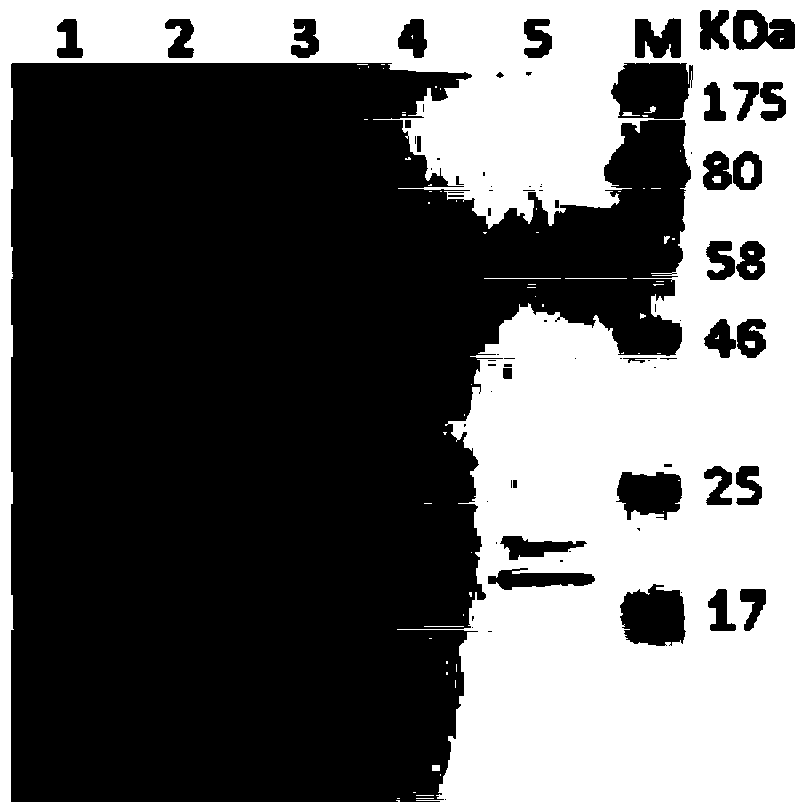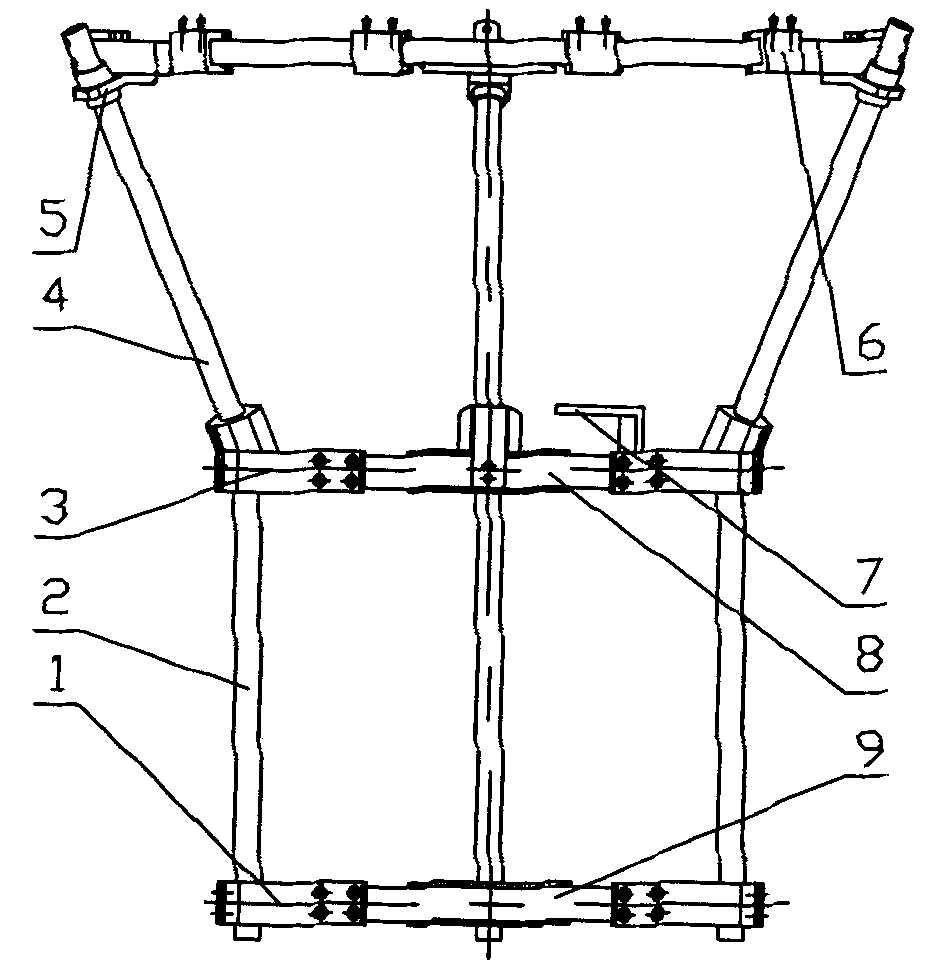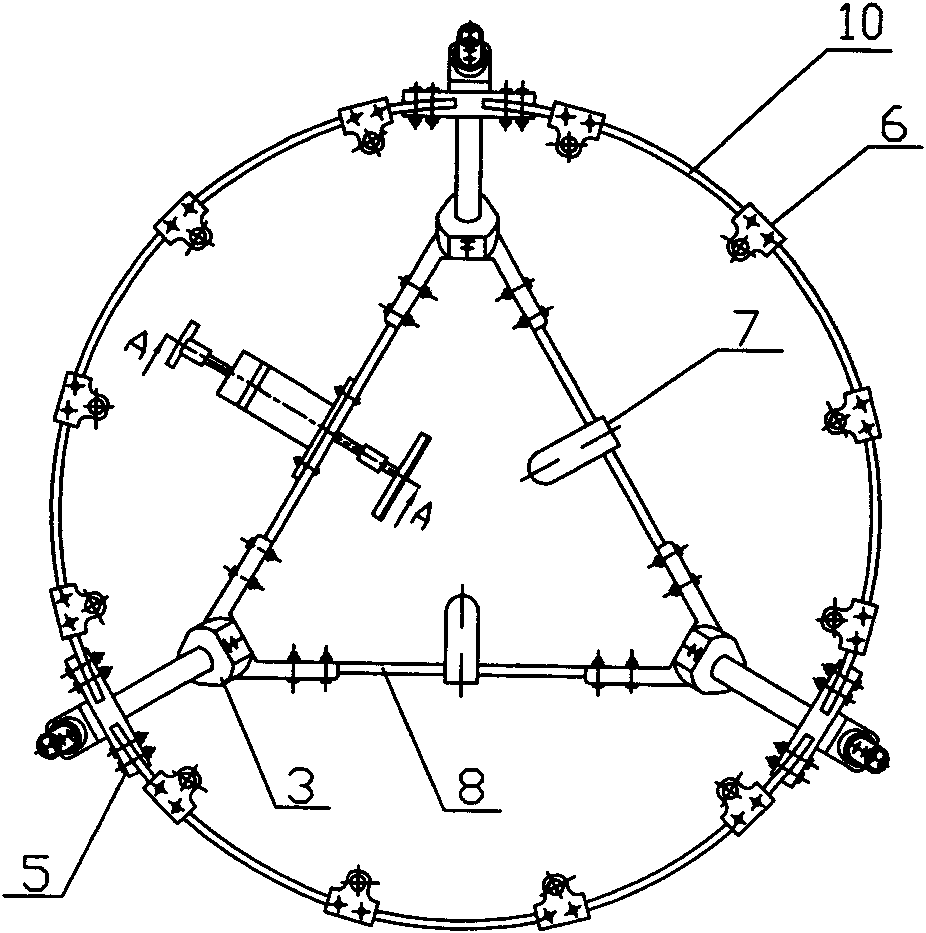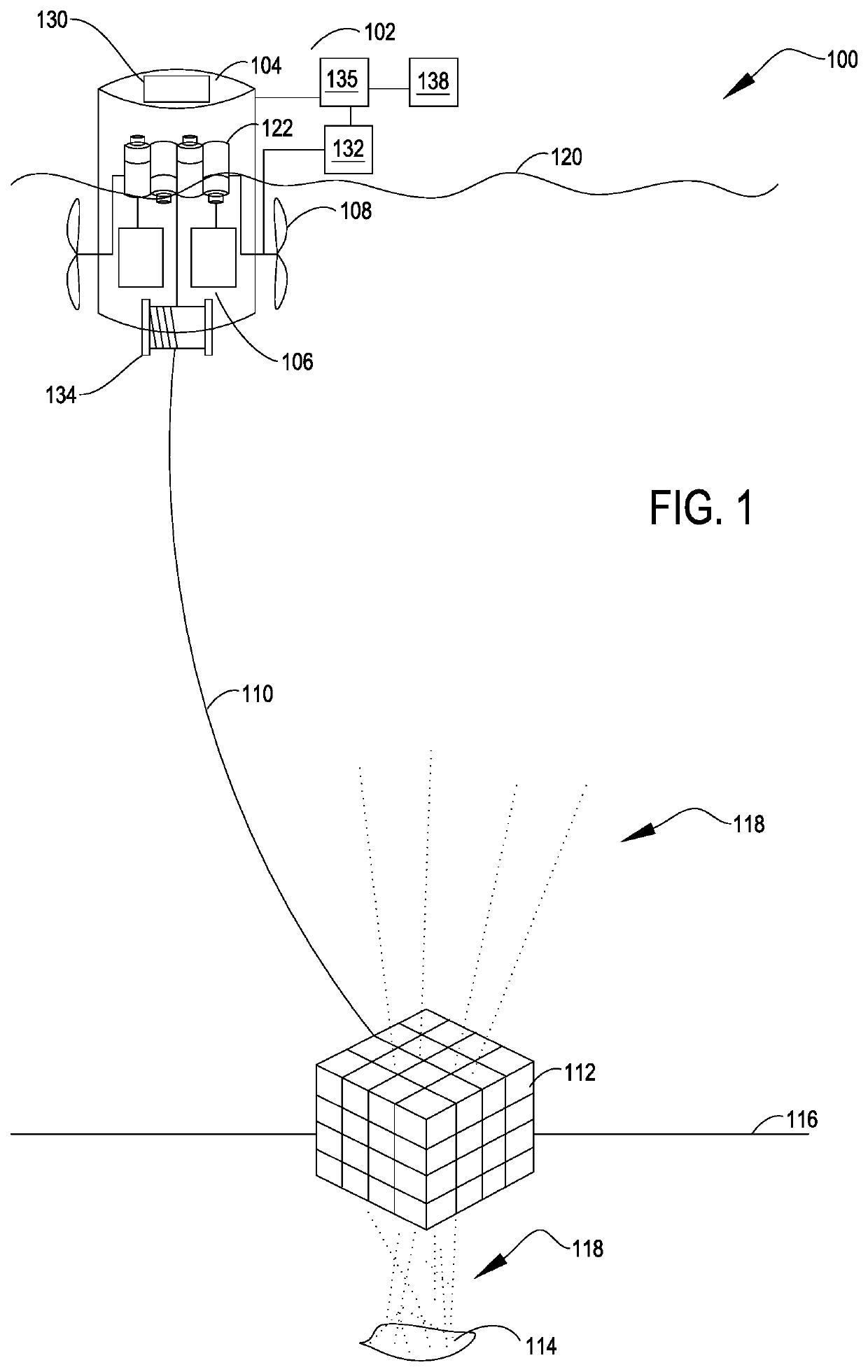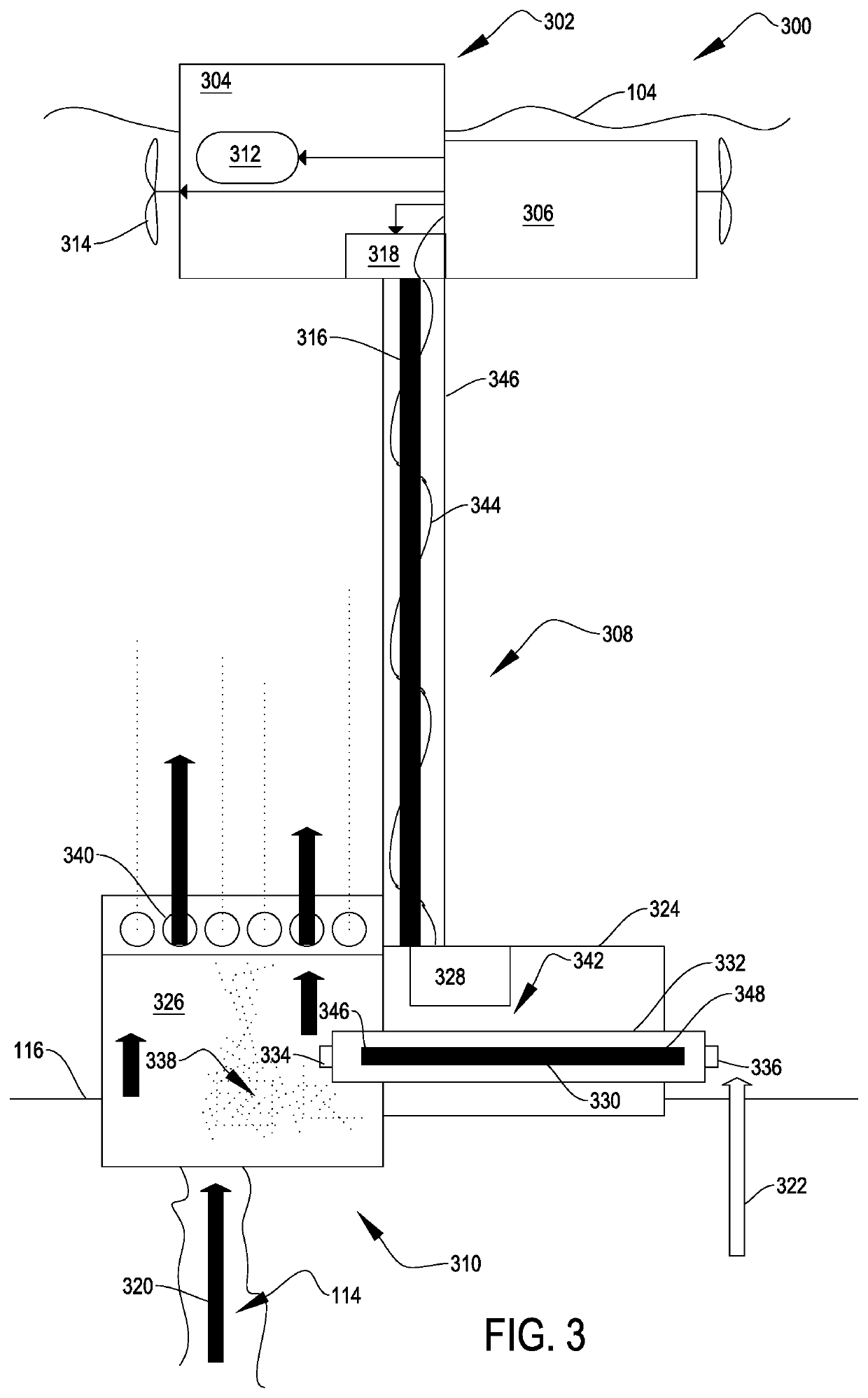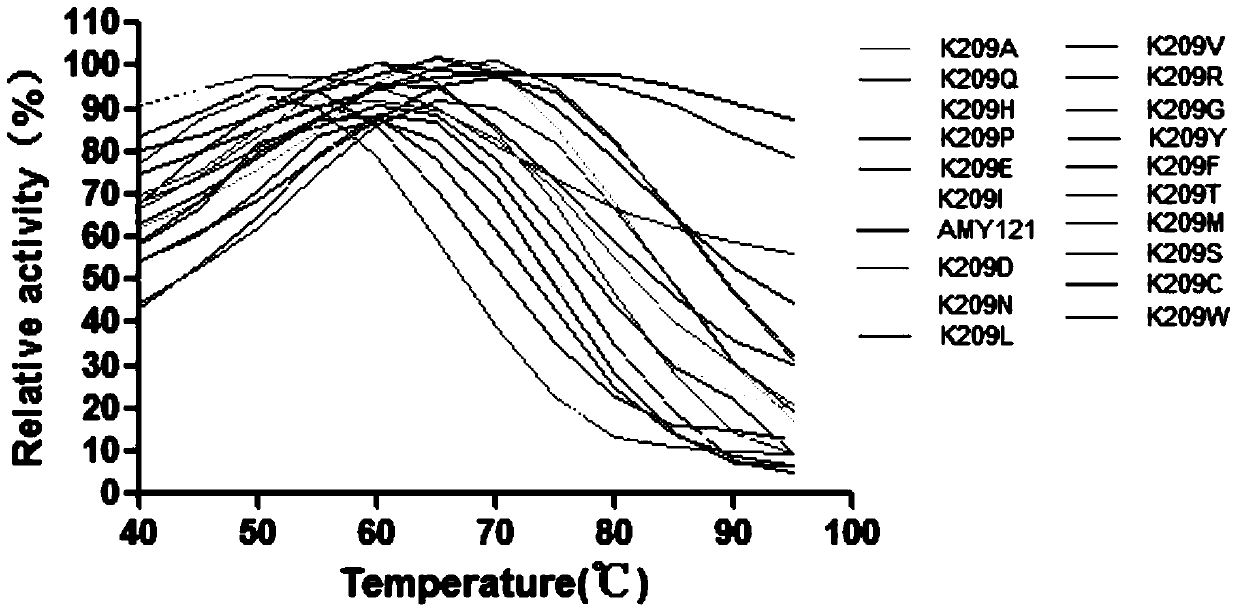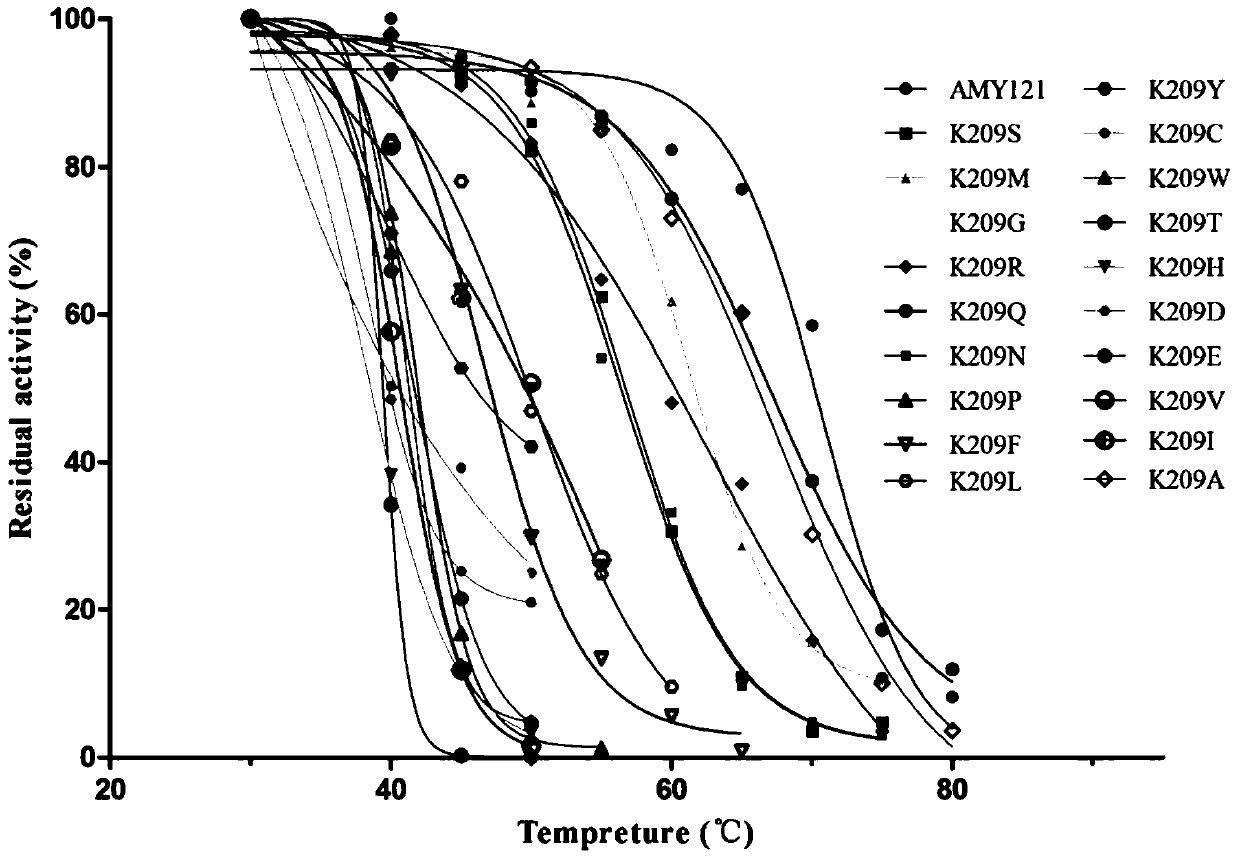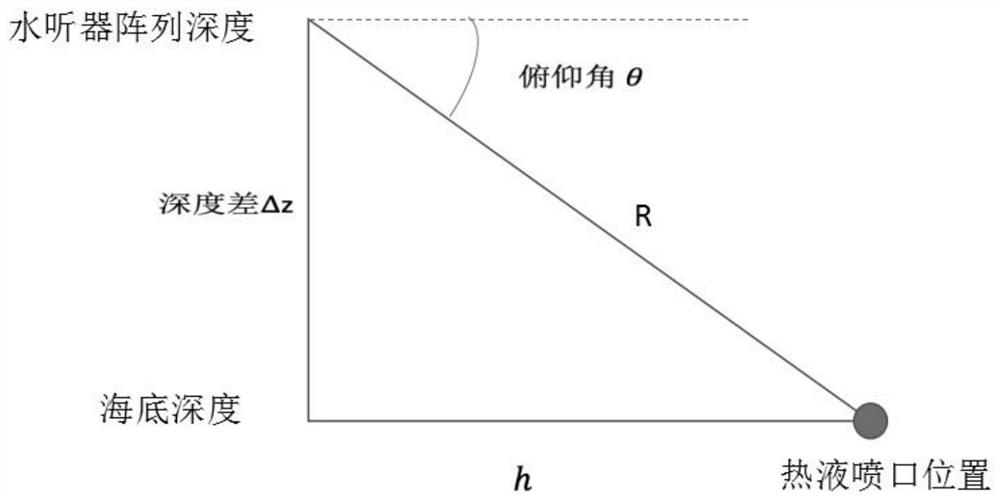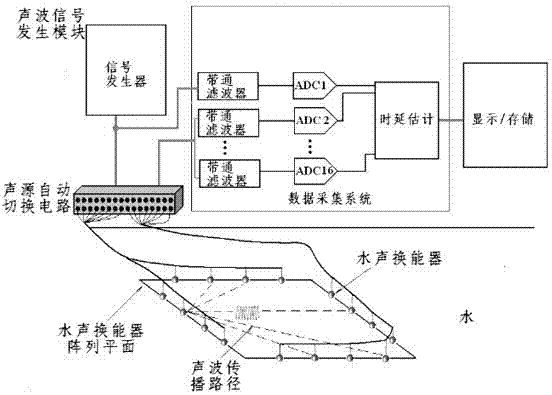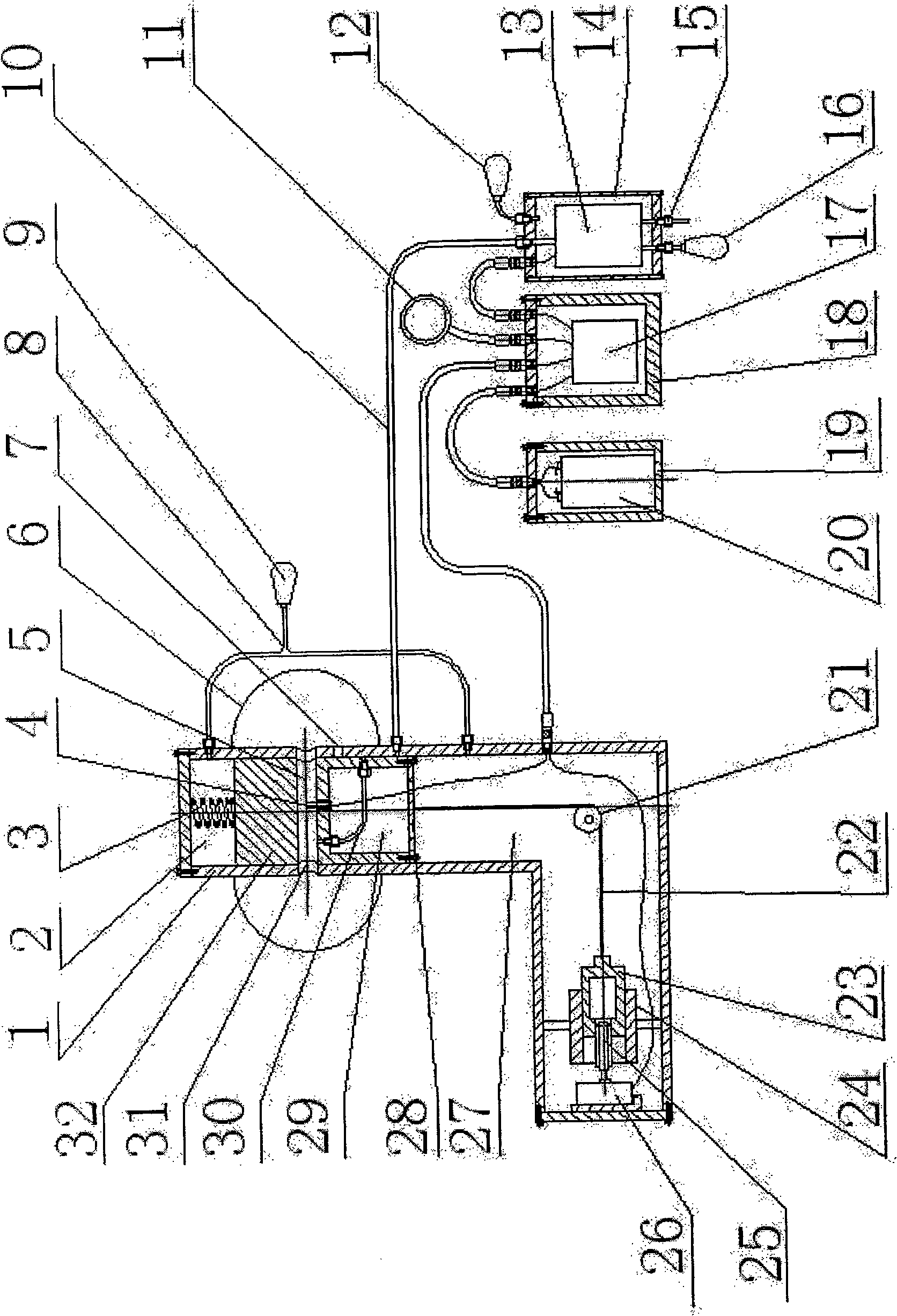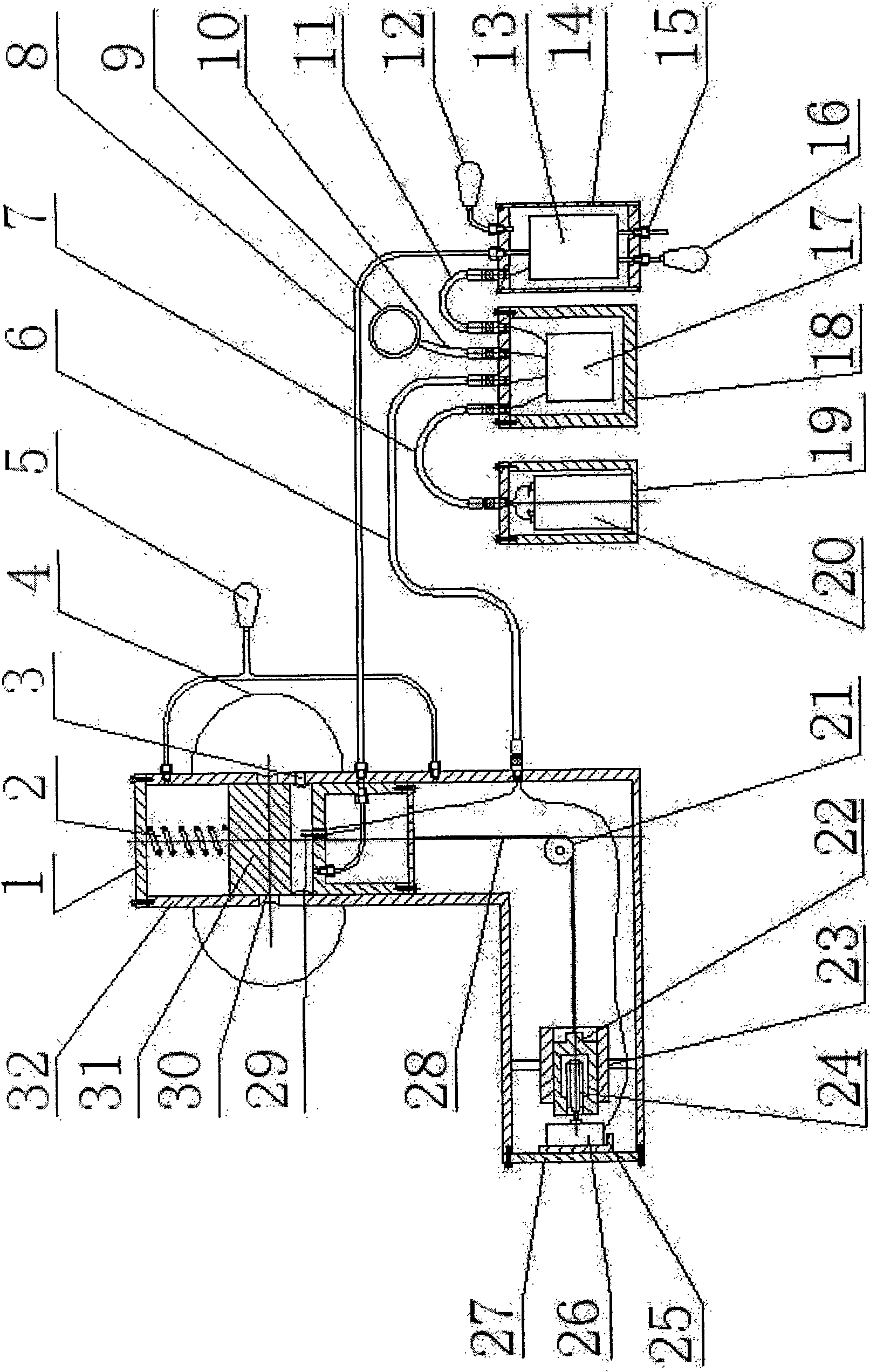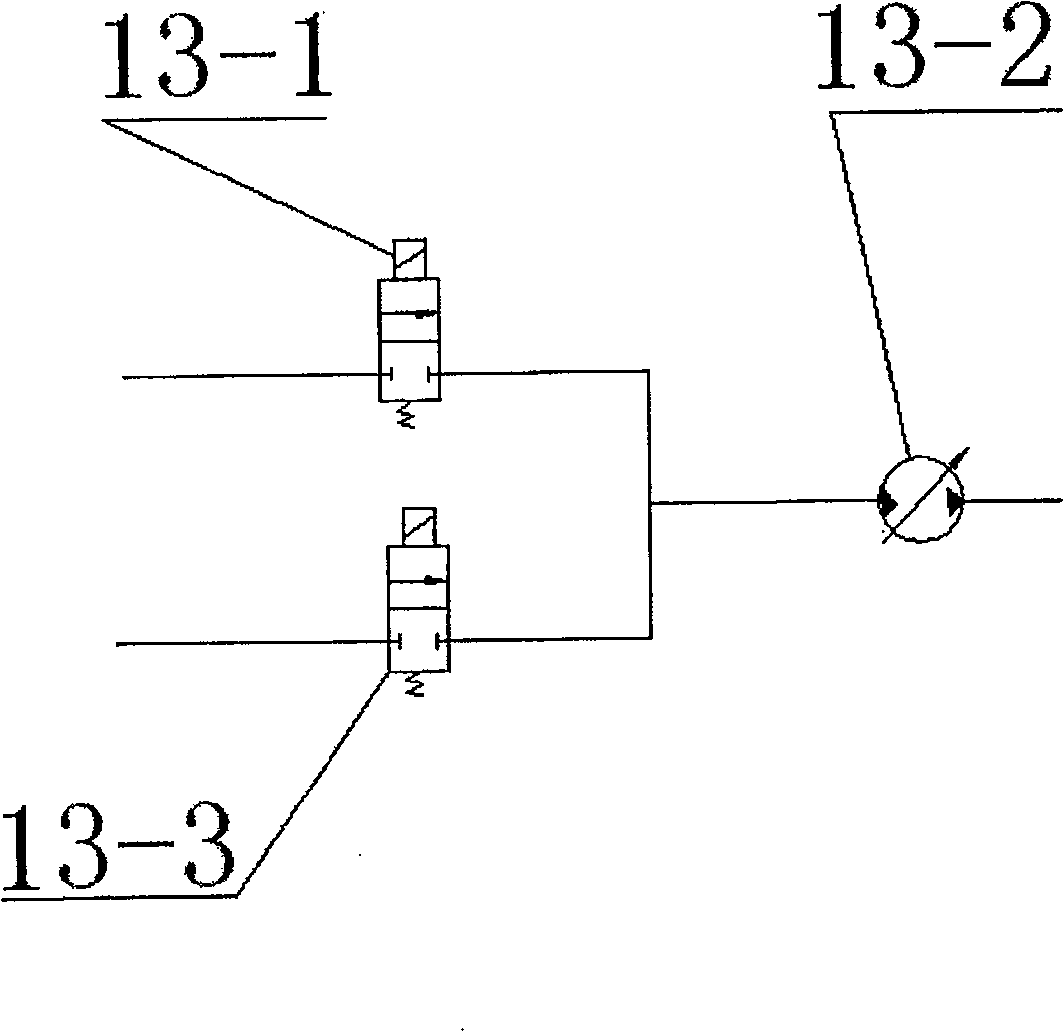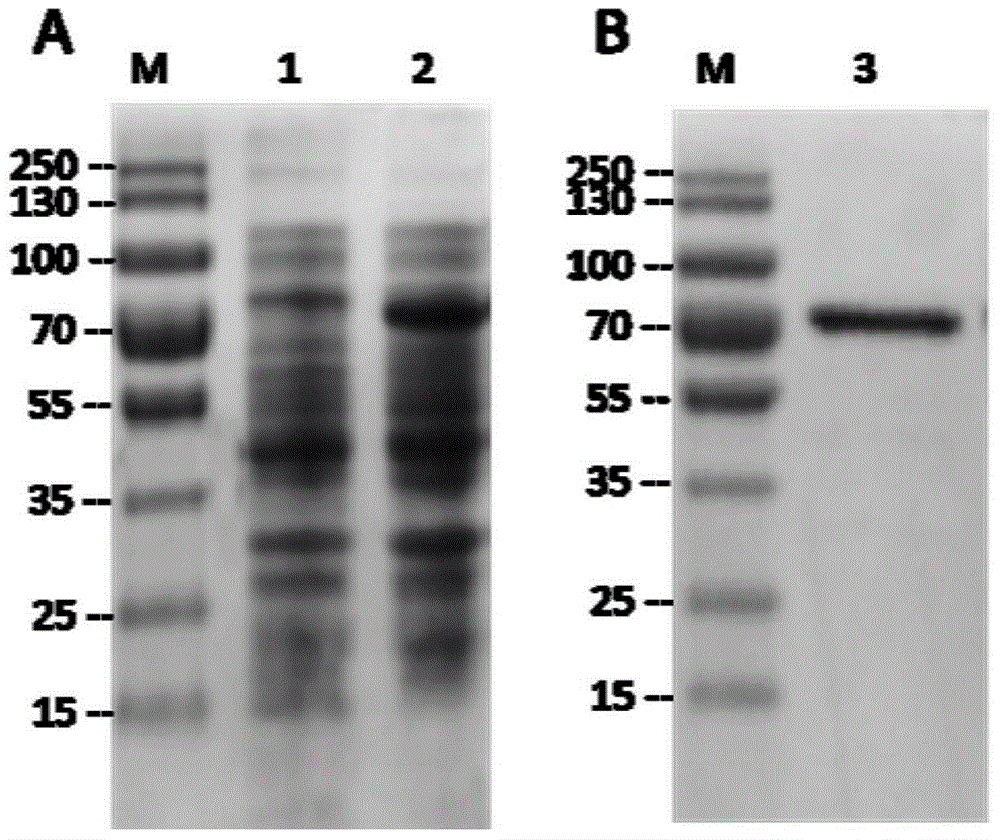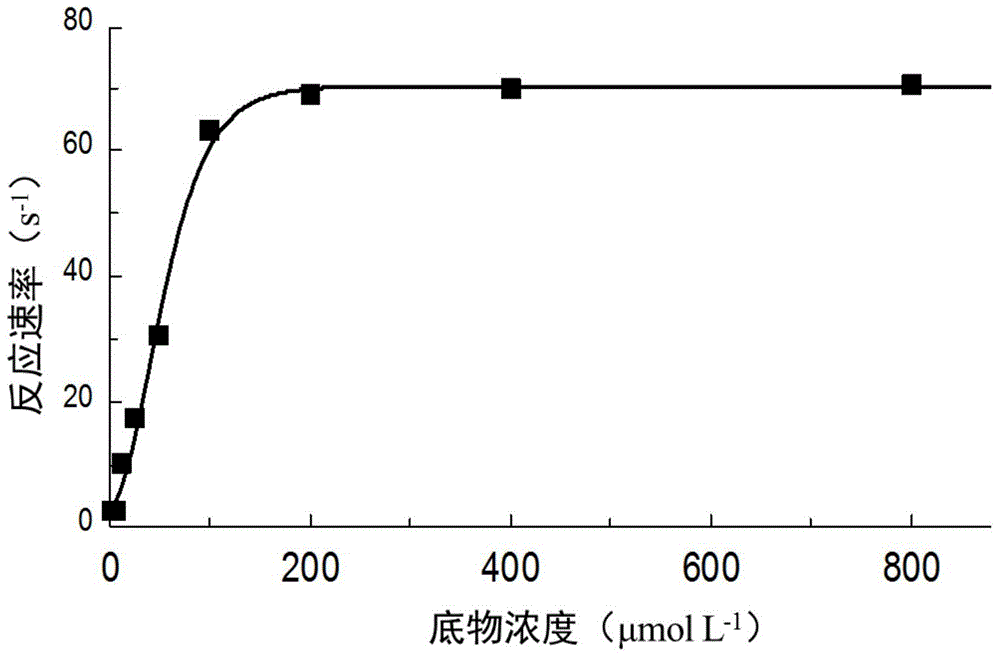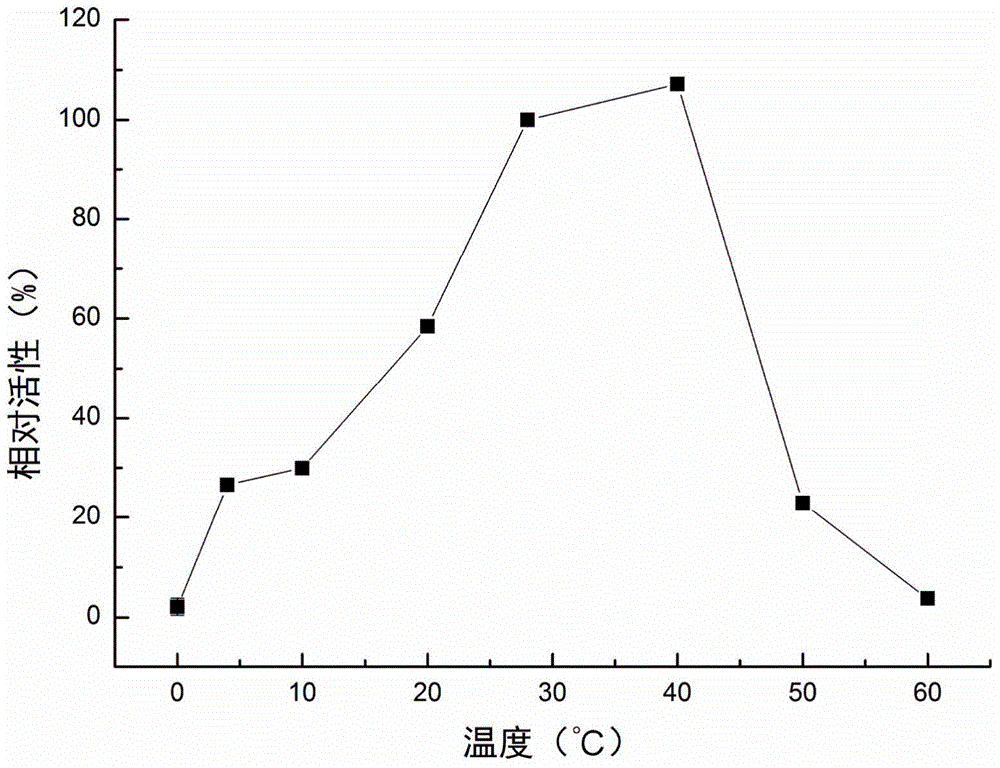Patents
Literature
Hiro is an intelligent assistant for R&D personnel, combined with Patent DNA, to facilitate innovative research.
34 results about "Hydrothermal vent" patented technology
Efficacy Topic
Property
Owner
Technical Advancement
Application Domain
Technology Topic
Technology Field Word
Patent Country/Region
Patent Type
Patent Status
Application Year
Inventor
A hydrothermal vent is a fissure on the seafloor from which geothermally heated water issues. Hydrothermal vents are commonly found near volcanically active places, areas where tectonic plates are moving apart at spreading centers, ocean basins, and hotspots. Hydrothermal deposits are rocks and mineral ore deposits formed by the action of hydrothermal vents.
Hydrothermal energy and deep sea resource recovery system
ActiveUS20090013690A1High speedMachines/enginesMechanical power devicesThermal energyWater desalination
A system that utilizes the naturally superheated fluids available from hydrothermal vents to harness the almost limitless quantities of heat energy they contain. It consists of one major system that has three parts: (i) funnel, (ii) pipes, and (iii) any combination of several mechanical attachments. The recovered heat energy will then be used to drive steam turbines or other equipment for electricity generation, water desalination, or any other thermal energy use. It could also be simultaneously or separately fed into resource recovery equipment for the recovery of valuable metals, minerals, and chemicals without system modification.
Owner:MARSHALL BRUCE
Compound bacterium community capable of efficiently leaching sulphide ore, and compounding method and application method thereof
ActiveCN103396964AIncrease resistanceImprove leaching efficiencyBacteriaMicroorganism based processesChemical reactionEngineering
The invention discloses a compound bacterium community capable of efficiently leaching a sulphide ore, and a compounding method and an application method thereof, and belongs to the technical filed of wet-process metallurgy. Aiming at a biological leaching mechanism of the sulphide ore and the physiological-biochemical characteristics of microorganisms, a community capable of efficiently leaching the sulphide ore is compounded by a plurality of mineral leaching microorganisms, wherein the mineral leaching microorganisms comprise marine bacteria which come from deep-sea hydrothermal vents and are capable of enduring high concentration sodium chloride, sulfur-oxidized bacteria, iron-oxidized bacteria and archaea which are from a freshwater environment, autotrophic bacteria and facultative heterotrophic bacteria. Not only can the difficult problem that the mineral leaching microorganisms from the freshwater environment are intolerance of sodium chloride be solved, but also microorganisms required by oxidation and dissolution of the sulphide ore and diversity of chemical reactions are guaranteed. The compound bacterium community can obviously increase leaching efficiency and leaching rate of the sulphide ore such as copper pyrites and can be applied in a leaching process and a dump leaching process of a stirring tank. A certain basis for popularization and application of biological metallurgy of the sulphide ore is provided by the invention.
Owner:CENT SOUTH UNIV +1
Seafloor hydrothermal vent temperature difference energy power generating device
InactiveCN104852634ALower cold junction temperatureIncrease the temperature difference between the hot and cold endsGenerators/motorsOcean bottomTemperature difference
The invention discloses a seafloor hydrothermal vent temperature difference energy power generating device. The seafloor hydrothermal vent temperature difference energy power generating device comprises a flow guide tube and a cavity; a top end cover and a flange end cover are fixed to two ends of the cavity respectively; the flow guide tube, the top end cover, the flange end cover and the cavity form a sealed cavity; a first temperature difference power generating sheet, a separation board and a second temperature difference power generating sheet are arranged in the sealed cavity; the hot ends of the first temperature difference power generating sheet and the second temperature difference power generating sheet are attached to the outer wall of the flow guide tube; the cold ends of the first temperature difference power generating sheet and the second temperature difference power generating sheet are attached to the inner wall of the cavity; the exterior of the cavity is provided with a plurality of ring ribs; and the lower end of the flow guide tube is provided with a flow guide tube flange and a trumpet-shaped flow separation hood. According to the seafloor hydrothermal vent temperature difference energy power generating device of the invention, a thermoelectric Seebeck effect is utilized, and the flow guide tube is adopted to guide hydrothermal fluid, and the temperature difference power generating sheets are adopted to convert heat energy into electric energy, and therefore, power generation can be realized. The seafloor hydrothermal vent temperature difference energy power generating device of the invention is simple and compact in structure; and the temperature difference of the two ends of each temperature difference power generating sheet is large, and therefore, the utilization rate of hydrothermal energy is high.
Owner:ZHEJIANG UNIV
Deep-sea watertight pressure-resistant cabin
InactiveCN101723072ATake advantage ofGuaranteed continuous real-time measurementUnderwater equipmentSuspended particlesHeat flux
The invention relates to a deep-sea watertight pressure-resistant cabin. The structural design and the service performance of the traditional product are not ideal. The deep-sea watertight pressure-resistant cabin comprises a sealing drum; a front end cover and a rear end cover are respectively fixedly connected with two ends of the cylindrical sealing drum; an eye sight is arranged on the front end cover; and a power cable hole is arranged on the rear end cover. A front barrier sheet, a middle barrier sheet and a rear barrier sheet are arranged in the sealing drum; the front barrier sheet is attached to the inner end surface of the front end cover tightly; and the rear barrier sheet the inner end surface of the rear end cover. A die-pin penetrates the front barrier sheet, the middle barrier sheet and the rear barrier sheet; the middle barrier sheet can axially move along the sealing drum; two shielding tubes penetrate the middle barrier sheet; and the middle barrier sheet is fixedly connected with the middle parts of the shielding tubes. The deep-sea watertight pressure-resistant cabin fully utilizes and reasonably arranges the limited space in the cabin, ensures that a whole data collection system performs continuous real time measuring in high-temperature, corrosive and multi-suspended particle severe environment, and improves the measuring accuracy of heat flux at a hydrothermal vent.
Owner:HANGZHOU DIANZI UNIV
Hydrothermal energy and deep sea resource recovery system
A system that utilizes the naturally superheated fluids available from hydrothermal vents to harness the almost limitless quantities of heat energy they contain. It consists of one major system that has three parts: (i) funnel, (ii) pipes, and (iii) any combination of several mechanical attachments. The recovered heat energy will then be used to drive steam turbines or other equipment for electricity generation, water desalination, or any other thermal energy use. It could also be simultaneously or separately fed into resource recovery equipment for the recovery of valuable metals, minerals, and chemicals without system modification.
Owner:MARSHALL BRUCE
Manned submersible simulation system
PendingCN107301802AImprove securityHigh implementabilityCosmonautic condition simulationsSimulatorsOcean bottomOperational system
The present invention relates to a manned submersible simulation system, which comprises a manned submersible simulation body, a data simulation platform and a visual simulation system, wherein systems are interconnected through a high-speed Ethernet switch; the manned submersible simulation body is used to simulate the real structure of the Jiaolong manned submersible, and includes the external dimension, the in-cabin environment and the operating system as same as that of the real submersible; the data simulation platform is used to produce sensing detection data obtained by all kinds of sensors of the Jiaolong manned submersible and provide a simulated digital environment for the in-cabin control system of the simulation body; and based on the real images of the seafloor captured by the Jiaolong manned submersible in diving, the visual simulation system constructs three kinds of seafloor simulation visual environments of the seafloor hydrothermal vent activity area, the seamount range area and the sea basin polymetallic nodule area, and achieves the movement and transformation of the seafloor scene through the movement instructions of the in-cabin control system.
Owner:NAT DEEP SEA CENT +3
N channel JFET based digital logic gate structure
A circuit topography is presented which is used to create usable digital logic gates using N (negatively doped) channel Junction Field Effect Transistors (JFETs) and load resistors, level shifting resistors, and supply rails whose values are based on the direct current (DC) parametric distributions of those JFETs. This method has direct application to the current state of the art in high temperature, for example 300° C. to 500° C. and higher, silicon carbide (SiC) device production. The ability to produce inverting and combinatorial logic enables the production of pulse and edge triggered latches. This scale of logic synthesis would bring digital logic and state machine capabilities to devices operating in extremely hot environments, such as the surface of Venus, near hydrothermal vents, within nuclear reactors (SiC is inherently radiation hardened), and within internal combustion engines. The basic logic gate can be configured as a driver for oscillator circuits allowing for time bases and simple digitizers for resistive or reactive sensors. The basic structure of this innovation, the inverter, can be reconfigured into various analog circuit topographies through the use of feedback structures.
Owner:NASA THE UNITED STATES OF AMERICA AS REPRESENTEDTHE THE ADMINISTATOR OF
Collection and electrolysis system for deep sea hydrothermal fluid metal sulfide
The invention proposes a deep-sea hydrothermal metal sulfide collection and electrolysis system, which includes a ore collecting robot, a mining platform, a metal sulfide electrolytic cell and a thermoelectric generator. Several ore collecting robots are arranged on the metal sulfide deposit. The ore conveying channel is connected to the mining platform. The mining platform is connected to the ocean through the mining return water discharge pipeline. The metal sulfide electrolytic cell is set on the mining platform. The metal sulfide electrolytic cell is connected to the ocean through the electrolysis wastewater discharge pipeline. The hot end of the thermoelectric generator is placed on the metal At the hydrothermal vent of the sulfide deposit, the cold end of the thermoelectric generator is placed in the bottom seawater, and the thermoelectric generator is connected to the metal sulfide electrolytic cell through a cable. Beneficial effects of the invention: effectively reduce mining, smelting costs and transportation costs, and greatly reduce environmental risks.
Owner:QINGDAO INST OF MARINE GEOLOGY
Submarine hydrothermal exhalation simulation device having observation function
The invention discloses a submarine hydrothermal exhalation simulation device having an observation function. The device mainly comprises a vertical high pressure injection pump, a temperature control system, a pressure regulating valve, a transparent pressure vessel, a high speed camera, a water cooling system, a pressure gauge, a sulfide collecting device, a pressure release valve and a stop valve. The device can simulate submarine hydrothermal exhalation, can regulate different temperature, speed and chemical components of a hydrothermal vent according to different requirements and can observe by using the high speed camera. Submarine hydrothermal exhalation simulation observation is realized by using a unique structural design under the lab environment according to the principle of similarity based on the real submarine vent environment, and the highly complex physiochemical process that hydrothermal liquid jets to the relatively low temperature and low pressure environment from the high temperature and high pressure environment and mixes and reacts with the seawater is basically restored so that the conditions and the data which are difficult to obtain through pure theoretical analysis and value simulation can be provided for the research related to the hydrothermal process.
Owner:ZHEJIANG UNIV
Method and system for harvesting hydrothermal energy
A method for extracting fuel gases from an underwater plume emitted from an underwater hydrothermal vent includes the step of collecting via an underwater fluid collector an underwater plume emitted from the hydrothermal vent. The underwater plume includes methane and hydrogen. The method further includes a step of directing a first fluid containing the underwater plume into a first inlet of a first underwater heat exchanger and a second fluid into a second inlet of the first underwater heat exchanger. The second fluid at the second inlet is at a temperature sufficiently lower than the temperature of the first fluid to transfer sufficient heat therebetween to form methane hydrate and hydrogen-methane hydrate in the first fluid. The method further includes the step of conveying the methane hydrate and hydrogen-methane hydrate to the surface of the water body via a duct connected to a first outlet of the first heat exchanger.
Owner:LOCKHEED MARTIN CORP
Long period detection system for in-situ temperature of deep-sea hydrothermal vent
InactiveCN1884986AThermometers using electric/magnetic elementsUsing electrical meansOcean bottomEngineering
The invention relates to an original temperature detecting system of deep sea hot liquid injector, which comprises a cultivate cap, a base, a connecting chamber and a circuit chamber, wherein the system has multi-path thermal couples; the heads of multi-path thermal couples are laminated arranged inside the cultivate cap to form multilayer multi temperature detecting points; multi-path thermal couples are connected to the connecting chamber, via watertight connector to connect the circuit board of circuit chamber while the circuit board has multi-path temperature collecting, processing and storing functions, to transmit the detected temperature of detecting points of cultivate cap to the circuit board 16 of circuit chamber 4 to be processed and stored. The invention has high-pressure and high-temperature resistances and multi-path temperature collection function, to record the temperature change in mineralization process of seabed hot liquid, and collect the seabed mineral and biological samples.
Owner:GUANGZHOU INST OF GEOCHEMISTRY - CHINESE ACAD OF SCI +1
Submarine hydrothermal vent high-precision sound wave crossing time measuring system
InactiveCN102393261AImprove accuracyElectric unknown time interval measurementThermometers using physical/chemical changesOcean bottomSuspended particles
The invention discloses a submarine hydrothermal vent high-precision sound wave crossing time measuring system which comprises an underwater transducer array plane, a sound wave signal generation module, a sound source automatic switching circuit and a data acquisition system, wherein the underwater transducer array plane consists of a plurality of underwater transducers; the sound wave signal generation module mainly utilizes sound wave signals transmitted and set by a signal generator as sound source signals; the sound source automatic switching circuit mainly consists of a singlechip control unit, a decoding module and a driving module; and the data acquisition system comprises a serial port communication unit, a data acquisition and storage unit and a data processing unit. According to the invention, the defects of traditional measurement can be overcome; and when the system disclosed by the invention is used for performing continuous real-time measurement under a severe environment with high temperature, corrosion and multiple suspended particles, the hydrothermal vent heat flux measurement accuracy can be improved.
Owner:OCEAN RES CENT OF ZHOUSHAN ZHEJIANG UNIV
Deep-sea suction-type plankton sampler
The invention discloses a deep-sea suction-type plankton sampler. The sampler is used for sampling planktons at different depths nearby a hydrothermal vent. The sampler comprises a body bracket, a water suction device and a filtering collector, wherein the body bracket supports a sampler body, the water suction device is composed of a power driven motor which drives centrifugal blades to rotate, aplankton escape prevention non-return device and a flowmeter, and the filtering collector is composed of a filter netting and a collection bottle. The deep-sea suction-type plankton sampler is smallin size, low in weight and applicable to various carrying instruments; fixed-point, fixed-time and quantitative plankton sampling through sit-on-bottom placement is realized, and the success rate of sampling is high; through the structural design of the water suction device, the situation that plankton bodies are damaged and contaminated during large-flow sampling can be effectively avoided; and aswitch is triggered to be started through underwater automatic control or a manipulator and other triggering mechanisms.
Owner:HANGZHOU DIANZI UNIV
In situ on-line acoustic detection method of velocity field at deep-sea hydrothermal vent
The invention relates to an in situ on-line acoustic detection method of velocity field at a deep-sea hydrothermal vent. The traditional hydrothermal vent velocity field detection method can not accurately measure the velocity distribution at a hydrothermal vent. The method comprises the steps of: firstly enabling a underwater transducer No.1 in the lower layer to transmit acoustic signals, and receiving the acoustic signals by all underwater transducers in the upper layer, which are used as receiving underwater transducers, and calculating the transit time of the acoustic wave between the underwater transducer No.1 in the lower layer and all the underwater transducers in the upper layer; secondly, repeating the process to obtain the transit time of the acoustic wave between each underwater transducer in the lower layer and all the underwater transducers in the upper layer; then using the underwater transducers in the upper layer to transmit acoustic wave, using all the underwater transducers in the lower layer to receive the acoustic wave, and calculating the transit time of the acoustic wave between each underwater transducer in the upper layer and all the underwater transducers in the lower layer; and finally rebuilding the two dimension mean normal velocity field at the deep-sea hydrothermal vent by adopting data reduction chromatography. The method adopts a non-contact measuring mode, can perform continuous real time measuring in severe environment, and improves the measuring accuracy of heat flux at the hydrothermal vent.
Owner:HANGZHOU DIANZI UNIV
Compound bacterium community capable of efficiently leaching sulphide ore, and compounding method and application method thereof
The invention discloses a compound bacterium community capable of efficiently leaching a sulphide ore, and a compounding method and an application method thereof, and belongs to the technical filed of wet-process metallurgy. Aiming at a biological leaching mechanism of the sulphide ore and the physiological-biochemical characteristics of microorganisms, a community capable of efficiently leaching the sulphide ore is compounded by a plurality of mineral leaching microorganisms, wherein the mineral leaching microorganisms comprise marine bacteria which come from deep-sea hydrothermal vents and are capable of enduring high concentration sodium chloride, sulfur-oxidized bacteria, iron-oxidized bacteria and archaea which are from a freshwater environment, autotrophic bacteria and facultative heterotrophic bacteria. Not only can the difficult problem that the mineral leaching microorganisms from the freshwater environment are intolerance of sodium chloride be solved, but also microorganisms required by oxidation and dissolution of the sulphide ore and diversity of chemical reactions are guaranteed. The compound bacterium community can obviously increase leaching efficiency and leaching rate of the sulphide ore such as copper pyrites and can be applied in a leaching process and a dump leaching process of a stirring tank. A certain basis for popularization and application of biological metallurgy of the sulphide ore is provided by the invention.
Owner:CENT SOUTH UNIV +1
Amylase mutants with improved thermal stability as well as coding gene and application of amylase mutants
The invention discloses amylase mutants with improved thermal stability as well as a coding gene and application of the amylase mutants. Starting from hydrothermal vent derived bacterium alpha-amylase AMY121, the amylase mutants with improved thermal stability are obtained by virtue of site-saturation mutagenesis technology; the hydrothermal vent bacterium alpha-amylase AMY121 has an amino acid residue sequence as shown in SEQ ID NO.1; and the amino acid sequences of screened amylase mutants Y187E, K205L and Y187E / K205L are respectively as shown in SEQ ID NO.2, SEQ ID NO.3 and SEQ ID NO.4. At corresponding optimum action temperature, on the basis of an evaluation standard of T5015 and half-life period t1 / 2 at 75 DEG C, the thermal stability of the amylase mutant is improved compared with wild amylase; and the application scope of the hydrothermal vent bacterium alpha-amylase AMY121 is extended.
Owner:SOUTH CHINA SEA INST OF OCEANOLOGY - CHINESE ACAD OF SCI
Carbon negative clean fuel production system
ActiveUS20210054831A1Reduce carbon dioxide concentrationSeawater treatmentReverse osmosisCo2 removalFiltration
A carbon negative clean fuel production system includes: a main platform; a heat collection device for capturing heat from a hydrothermal emissions from a hydrothermal vent on a floor of an ocean; a heat driven electric generator; a heat distribution system including a heat absorbing material and a heat transporting pipe; anchor platforms tethered to the main platform; a mineral separator; a seawater filtration unit; a water splitting device; a sand refinery machine; a carbon removal system; and a chemical production system for producing hydrides, halides and silane. Also disclosed is a method for carbon negative clean fuel production, including: capturing heat; producing electric energy; separating minerals; filtering seawater; splitting water; refining sand; removing carbon dioxide; and producing hydrides, halides, and silane.
Owner:LOWRY INHERITORS TRUST
Carbon negative clean fuel production system
ActiveUS11002255B2Reduce carbon dioxide concentrationSeawater treatmentElectrolytic organic productionCo2 removalFiltration
Owner:LOWRY INHERITORS TRUST
A submarine hydrothermal eruption simulation device with observation function
The invention discloses a submarine hydrothermal exhalation simulation device having an observation function. The device mainly comprises a vertical high pressure injection pump, a temperature control system, a pressure regulating valve, a transparent pressure vessel, a high speed camera, a water cooling system, a pressure gauge, a sulfide collecting device, a pressure release valve and a stop valve. The device can simulate submarine hydrothermal exhalation, can regulate different temperature, speed and chemical components of a hydrothermal vent according to different requirements and can observe by using the high speed camera. Submarine hydrothermal exhalation simulation observation is realized by using a unique structural design under the lab environment according to the principle of similarity based on the real submarine vent environment, and the highly complex physiochemical process that hydrothermal liquid jets to the relatively low temperature and low pressure environment from the high temperature and high pressure environment and mixes and reacts with the seawater is basically restored so that the conditions and the data which are difficult to obtain through pure theoretical analysis and value simulation can be provided for the research related to the hydrothermal process.
Owner:ZHEJIANG UNIV
Apparatus and method for recovery of metals from a body of fluid by electrodeposition
This disclosure relates to apparatus and methods for recovering metals from fluid body(s) using electrodeposition, for instance for the recovery of metals from underwater / oceanic sources, e.g., in the vicinity of hydrothermal vents. It provides apparatuses for recovering at least one target metal substance from a body of a fluid, comprising: at least one pair (comprising a cathode and an anode) of electrodes, such that when the apparatus is used, at least one pair of the electrodes is presented to the body of fluid; and means for generating an electrical potential difference across the at least one pair of electrodes, so that the potential difference generated across the pair is such as to attract target metal substance(s) present in the body of fluid, for deposition on at least one cathode on the apparatus. It also provides methods for recovering metals from a body of fluid using electrodeposition and the described apparatus.
Owner:VENTSEATECH
Carbon negative clean fuel production system
ActiveUS20210254606A1Reduce carbon dioxide concentrationElectrolysis componentsReversible hydrogen uptakeCo2 removalFiltration
Owner:LOWRY INHERITORS TRUST
In situ on-line acoustic detection method of velocity field at deep-sea hydrothermal vent
The invention relates to an in situ on-line acoustic detection method of velocity field at a deep-sea hydrothermal vent. The traditional hydrothermal vent velocity field detection method can not accurately measure the velocity distribution at a hydrothermal vent. The method comprises the steps of: firstly enabling a underwater transducer No.1 in the lower layer to transmit acoustic signals, and receiving the acoustic signals by all underwater transducers in the upper layer, which are used as receiving underwater transducers, and calculating the transit time of the acoustic wave between the underwater transducer No.1 in the lower layer and all the underwater transducers in the upper layer; secondly, repeating the process to obtain the transit time of the acoustic wave between each underwater transducer in the lower layer and all the underwater transducers in the upper layer; then using the underwater transducers in the upper layer to transmit acoustic wave, using all the underwater transducers in the lower layer to receive the acoustic wave, and calculating the transit time of the acoustic wave between each underwater transducer in the upper layer and all the underwater transducersin the lower layer; and finally rebuilding the two dimension mean normal velocity field at the deep-sea hydrothermal vent by adopting data reduction chromatography. The method adopts a non-contact measuring mode, can perform continuous real time measuring in severe environment, and improves the measuring accuracy of heat flux at the hydrothermal vent.
Owner:HANGZHOU DIANZI UNIV
Amylase, and encoding gene and application thereof
ActiveCN104250643AIncrease enzyme activitySensitivity variesBacteriaMicroorganism based processesBiotechnologyHydrolysis
The invention relates to two kinds of amylase protein and an encoding gene thereof, and application of the protein as starch hydrolase in industrial field. Fosmid library gene information fragment annotation information obtained by performing 454 sequencing on a sample coming from a deep-sea hydrothermal vent is taken as a research material, corresponding clones F_135 in a corresponding amylase gene cluster is screened out from a metagenome library, and the Fosmid clones is subjected to shotgun combined primer-walking sequencing and ORF predication, so that the gene sequence of the encoding amylase is obtained, and the DNA sequence of the encoding amylase is shown as a sequence table SEQ ID NO. 1. A target gene is inserted into pET-32a(+) expression vector, and through expression purification a polypeptide or a mature peptide encoded by the gene is obtained, and the amino acid sequence of the polypeptide or the mature peptide is shown as a sequence table SEQ ID NO. 2. The enzyme activity possessed by the amylase is subjected to preliminary research. The amylase is applicable to industrialized production correlated to starch hydrolysis because of the unique activity and the enzymological characteristics.
Owner:SUN YAT SEN UNIV
Deep-sea hydrothermal-vent acoustic machine frame
InactiveCN101813526AGuaranteed stabilityEnsure safetyThermometer detailsThermometers using physical/chemical changesTransducerEngineering
The invention relates to a deep-sea hydrothermal-vent acoustic machine frame. In the invention, the underwater acoustic transducer platform frame is a round frame, and slide blocks are uniformly distributed on the measuring circular-arc beam and can move along the measuring table circular-arc beam; an upper acoustic machine frame is a triangular frame, upper crossbeams are fixedly connected with each other through a four-way connecting piece, two of the upper crossbeams are fixedly provided with a right-angled hanger, and the other crossbeam is fixedly provided with an upper clamping device; a lower acoustic frame is a triangular frame, and lower crossbeams corresponding to the upper clamping device are fixedly provided with a lower clamping device; one end of a connecting rod is fixedly connected with the four-way connecting piece, and the other end is fixedly connected with a corresponding connecting piece; and one end of a brace bar is fixedly connected with the four-way connecting piece, and the other end is fixedly connected with a three-way connecting piece. The invention takes the rigidity, strength and stability of the machine frame into account; and thus, on the premise of ensuring data measuring, the acoustic center range precision of the underwater acoustic transducer on the slide block can be controlled within the error range.
Owner:HANGZHOU DIANZI UNIV
Hydrothermal vent energy harvesting, storage, and power distribution system
ActiveUS11462939B1Easy to deployMinimally impacting surrounding environmentCircuit monitoring/indicationWaterborne vesselsSurface oceanEngineering
An energy harvesting system is positionable at an ocean surface to harvest energy from a hydrothermal vent surrounded by cooler ocean water. The system includes an energy storage device positionable proximate to the ocean surface. A cable capable of conducting electrical energy is joined to the energy storage device. An energy harvesting structure is joined to provide electrical energy to the cable. The energy harvesting structure can be positioned proximate to the hydrothermal vent to harvest energy therefrom.
Owner:UNITED STATES OF AMERICA
A class of amylase mutants with improved thermostability and their coding genes and applications
The invention discloses amylase mutants with improved thermal stability as well as a coding gene and application of the amylase mutants. Starting from hydrothermal vent derived bacterium alpha-amylase AMY121, the amylase mutants with improved thermal stability are obtained by virtue of site-saturation mutagenesis technology; the hydrothermal vent bacterium alpha-amylase AMY121 has an amino acid residue sequence as shown in SEQ ID NO.1; and the amino acid sequences of screened amylase mutants Y187E, K205L and Y187E / K205L are respectively as shown in SEQ ID NO.2, SEQ ID NO.3 and SEQ ID NO.4. At corresponding optimum action temperature, on the basis of an evaluation standard of T5015 and half-life period t1 / 2 at 75 DEG C, the thermal stability of the amylase mutant is improved compared with wild amylase; and the application scope of the hydrothermal vent bacterium alpha-amylase AMY121 is extended.
Owner:SOUTH CHINA SEA INST OF OCEANOLOGY - CHINESE ACAD OF SCI
Device, method and system for fast search and positioning of deep-sea hydrothermal vents
ActiveCN113359182BQuick searchQuick search and locationPosition fixationSeismologyEngineeringBeam scanning
The invention relates to a fast search and positioning device, method and system for deep-sea hydrothermal vents. The device includes: a receiving hydrophone array, a beam scanning unit, a hydrothermal vent detection unit and a hydrothermal vent directional positioning unit, the receiving hydrophone array is used to collect underwater acoustic data, and the beam scanning unit detects the hydrothermal Acoustic data is processed to obtain an acoustic signal, and the hydrothermal vent detection unit is used to judge whether there is a hydrothermal vent according to the acoustic signal, and the directional positioning unit for the hydrothermal vent is used to locate the hydrothermal vent when the hydrothermal vent exists. Location of hydrothermal vents. The invention can realize long-distance rapid search and precise positioning of deep-sea hydrothermal vents.
Owner:NAT DEEP SEA CENT
Submarine hydrothermal vent high-precision sound wave crossing time measuring system
InactiveCN102393261BImprove accuracyElectric unknown time interval measurementThermometers using physical/chemical changesOcean bottomSuspended particles
The invention discloses a submarine hydrothermal vent high-precision sound wave crossing time measuring system which comprises an underwater transducer array plane, a sound wave signal generation module, a sound source automatic switching circuit and a data acquisition system, wherein the underwater transducer array plane consists of a plurality of underwater transducers; the sound wave signal generation module mainly utilizes sound wave signals transmitted and set by a signal generator as sound source signals; the sound source automatic switching circuit mainly consists of a singlechip control unit, a decoding module and a driving module; and the data acquisition system comprises a serial port communication unit, a data acquisition and storage unit and a data processing unit. According to the invention, the defects of traditional measurement can be overcome; and when the system disclosed by the invention is used for performing continuous real-time measurement under a severe environment with high temperature, corrosion and multiple suspended particles, the hydrothermal vent heat flux measurement accuracy can be improved.
Owner:OCEAN RES CENT OF ZHOUSHAN ZHEJIANG UNIV
In-situ probe system of deep sea hot liquid zone
InactiveCN100541190CExtend your lifeImprove performanceMaterial analysis by electric/magnetic meansMicrocomputerChemical composition
The in-situ detection system of the deep-sea high-temperature hydrothermal area of the present invention includes a hydrothermal sampling detection device, a power supply device, a microcomputer control device, and an electrode flushing and calibration device. The detection electrode in the hydrothermal sampling detection device can detect the chemical composition of the hydrothermal fluid when the hydrothermal fluid flows through it. The signal output terminal of the microcomputer control device is connected with the ICL coil, which can transmit the signal to the deep submersible. The electrode flushing and calibration device can calibrate the detection electrodes in the hydrothermal sampling detection device. The invention is powered by the battery carried by itself, and can run automatically for a long time in the deep sea. The invention has three working states of high-temperature hydrothermal detection, detection electrode flushing, and detection electrode calibration, and the state switching is realized by a microcomputer control device, and has the functions of long-term detection of high-temperature hydrothermal fluid in deep-sea hydrothermal vents and self-maintenance calibration of detection electrodes , greatly improving the performance of the detection electrode and the accuracy of chemical quantity detection. It can provide detailed and accurate data for scientific research on deep sea hydrothermal fluids.
Owner:ZHEJIANG UNIV
Application of pseudoalteromonas recombinant aminopeptidase
InactiveCN104975060AHigh activityInhibitory activityHydrolasesFermentationPseudoalteromonas telluritireducensProteolytic enzymes
The invention belongs to the technical field of molecular biology and biochemistry and relates to an application of pseudoalteromonas telluritireducens 16098 aminopeptidase from deep-sea hydrothermal vent. Recombinant aminopeptidase comes from the recombinant protein of pseudoalteromonas telluritireducens 16098 aminopeptidase from deep-sea hydrothermal vent and is used as a proteolytic enzyme. The recombinant protein provided by the invention can be used for dissociating amino acid from the N- terminal of a polypeptide chain and has potential application value in terms of proteopepsis and the like.
Owner:INST OF OCEANOLOGY - CHINESE ACAD OF SCI
Features
- R&D
- Intellectual Property
- Life Sciences
- Materials
- Tech Scout
Why Patsnap Eureka
- Unparalleled Data Quality
- Higher Quality Content
- 60% Fewer Hallucinations
Social media
Patsnap Eureka Blog
Learn More Browse by: Latest US Patents, China's latest patents, Technical Efficacy Thesaurus, Application Domain, Technology Topic, Popular Technical Reports.
© 2025 PatSnap. All rights reserved.Legal|Privacy policy|Modern Slavery Act Transparency Statement|Sitemap|About US| Contact US: help@patsnap.com
